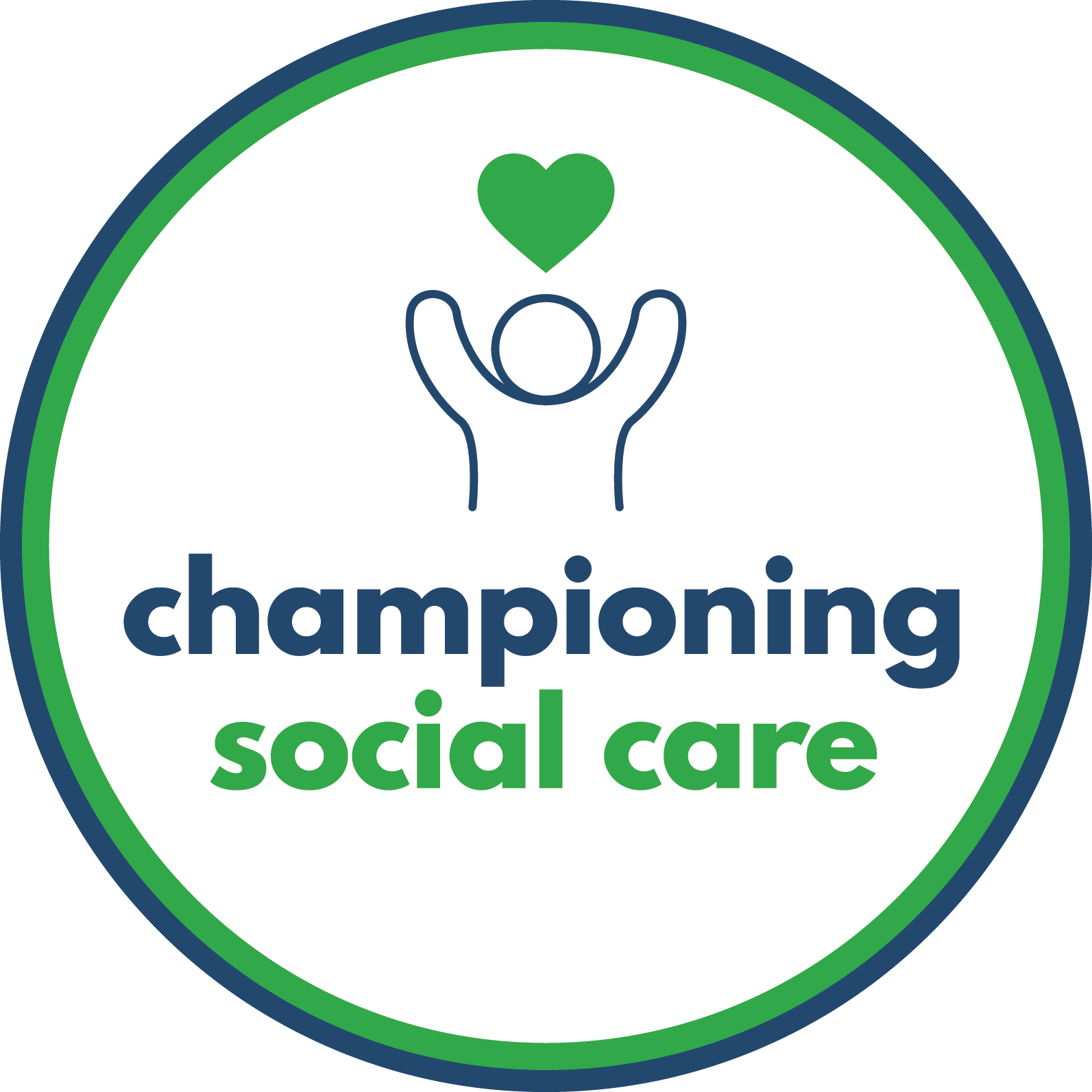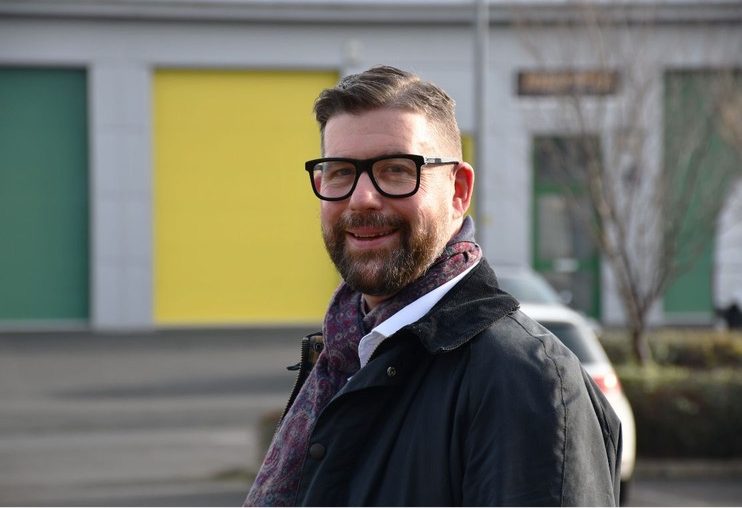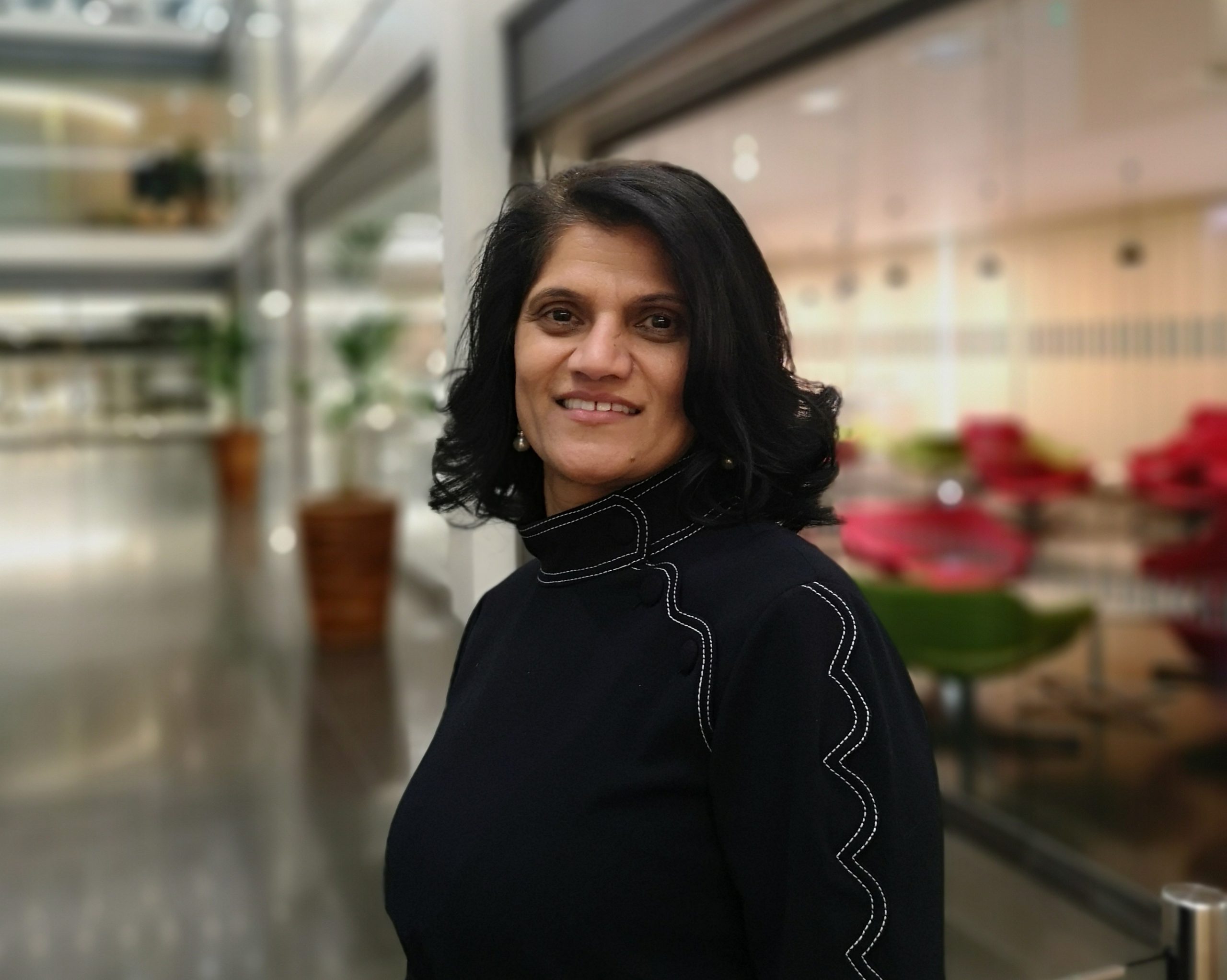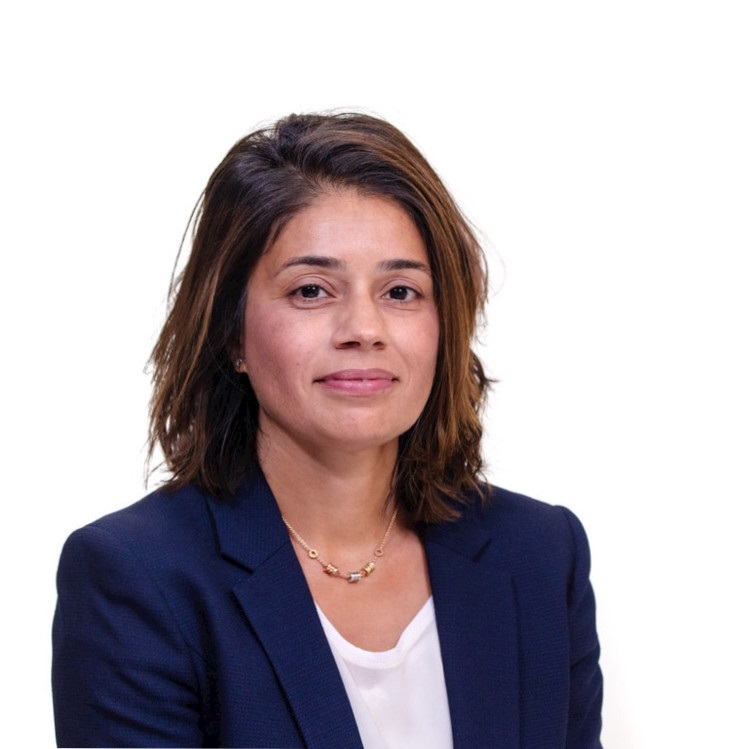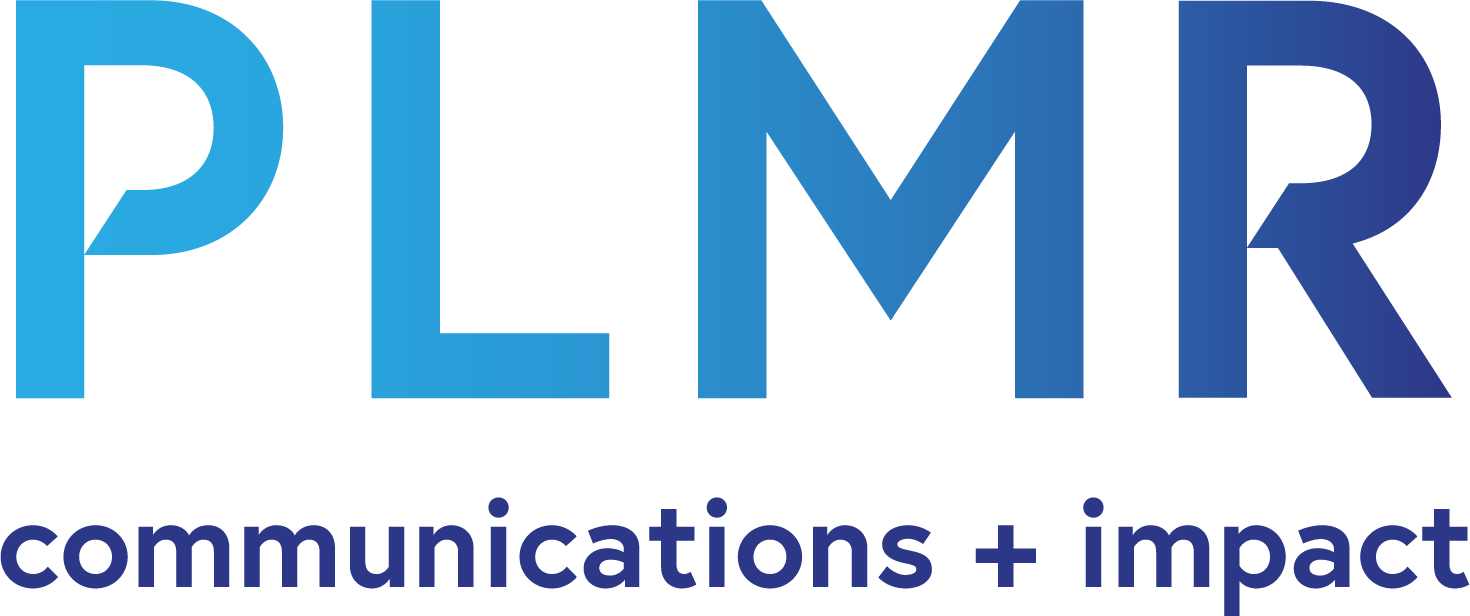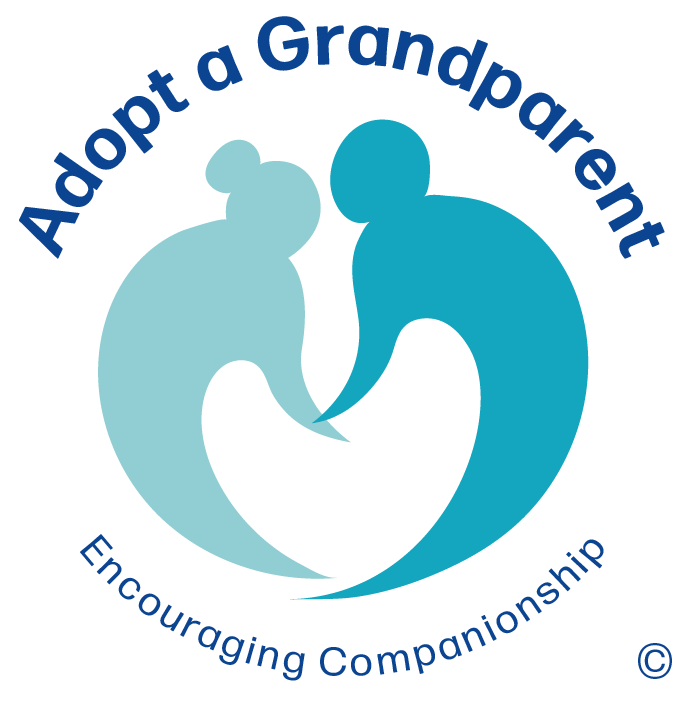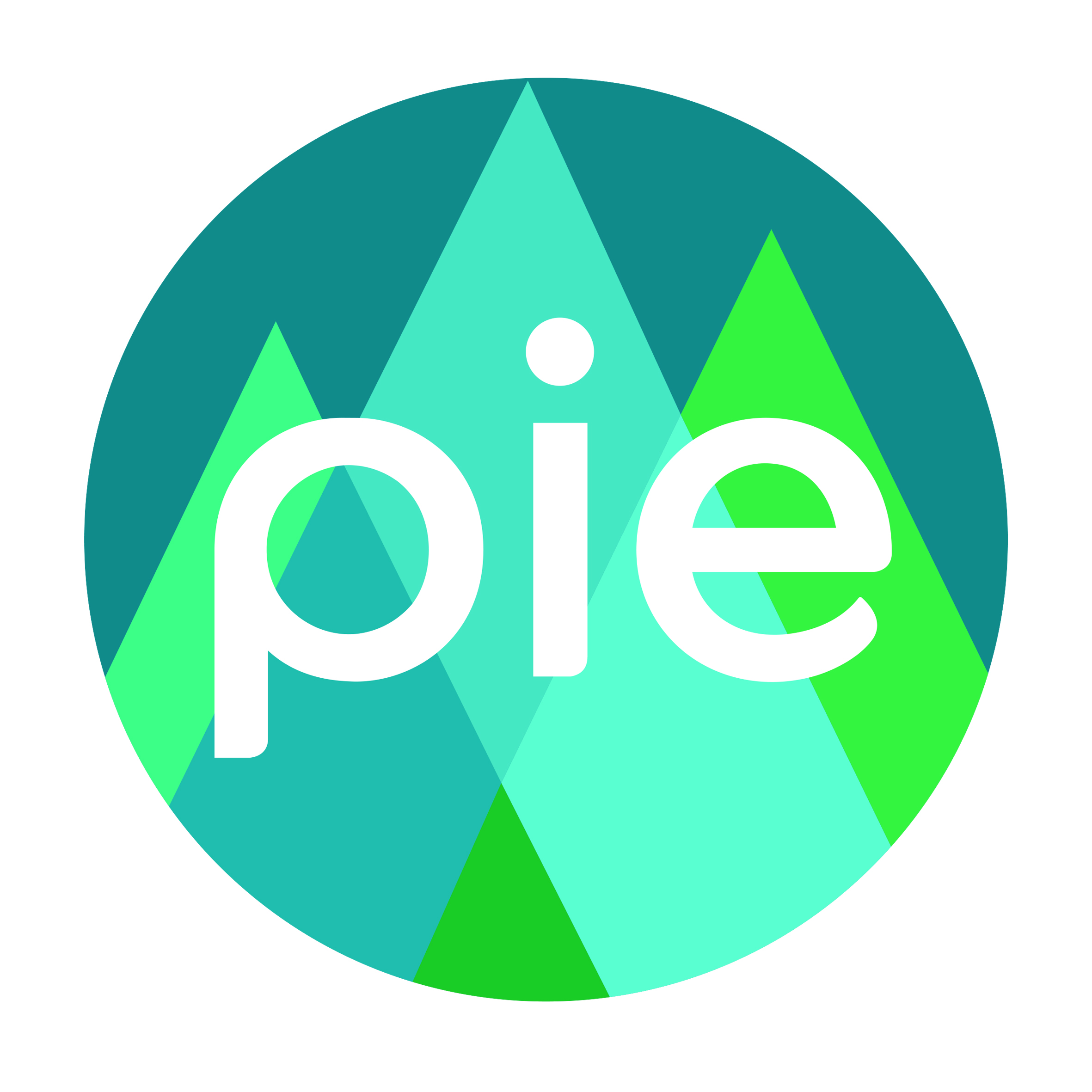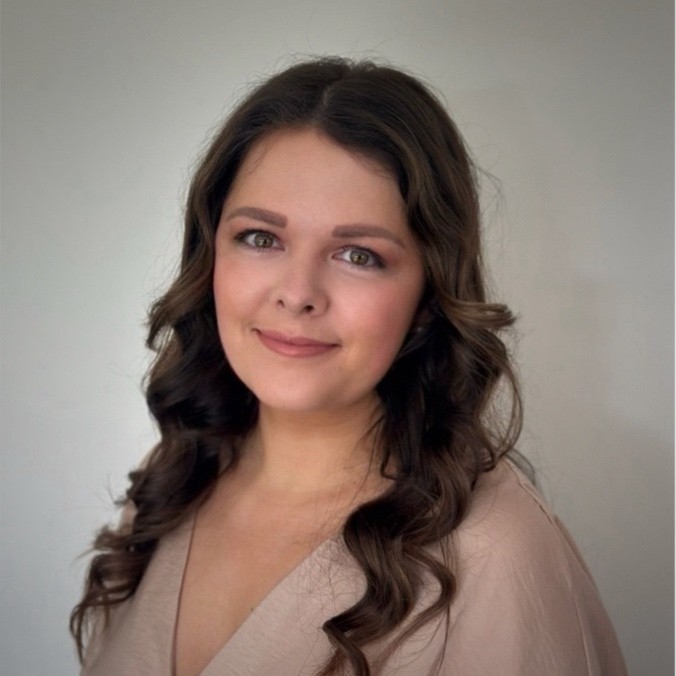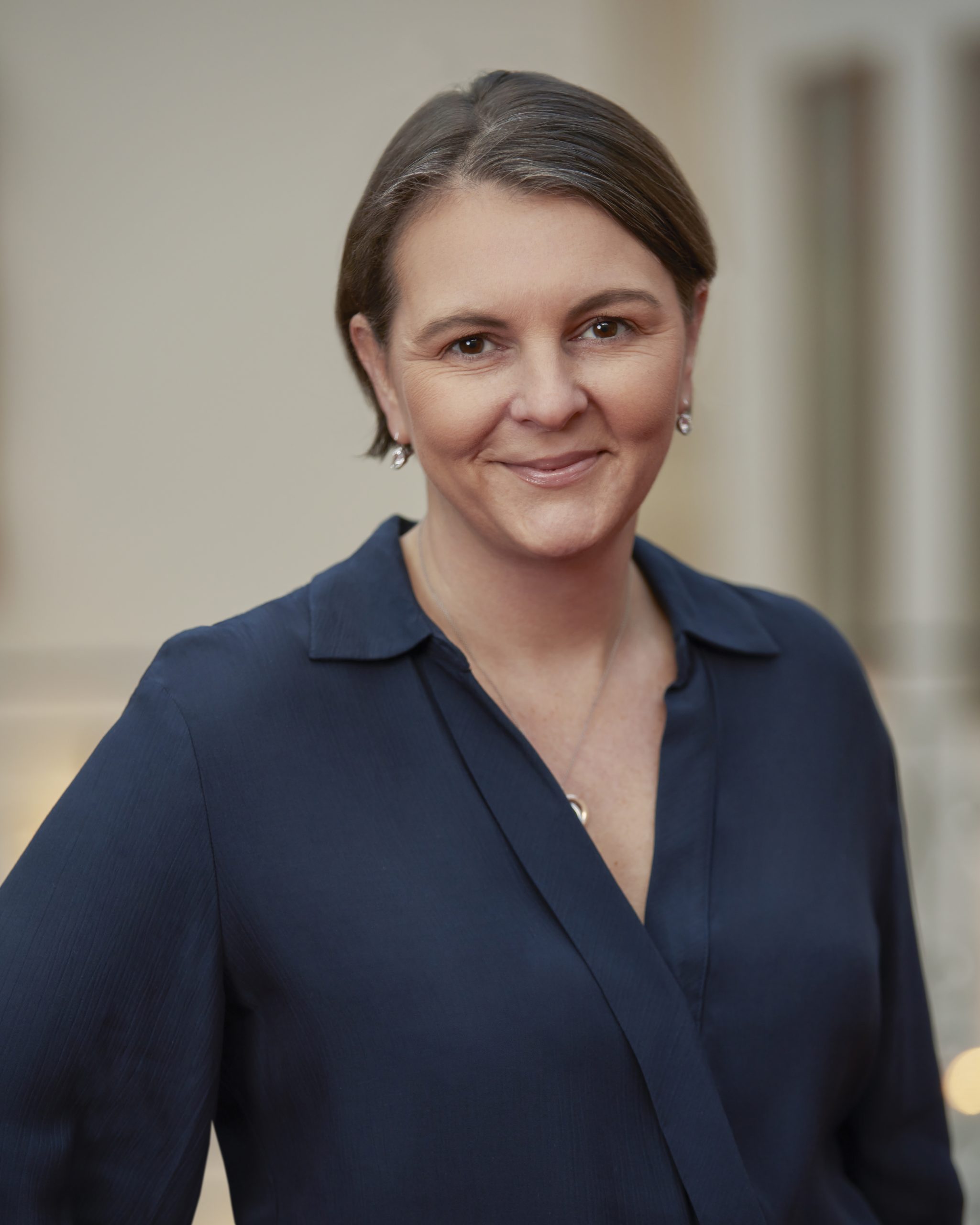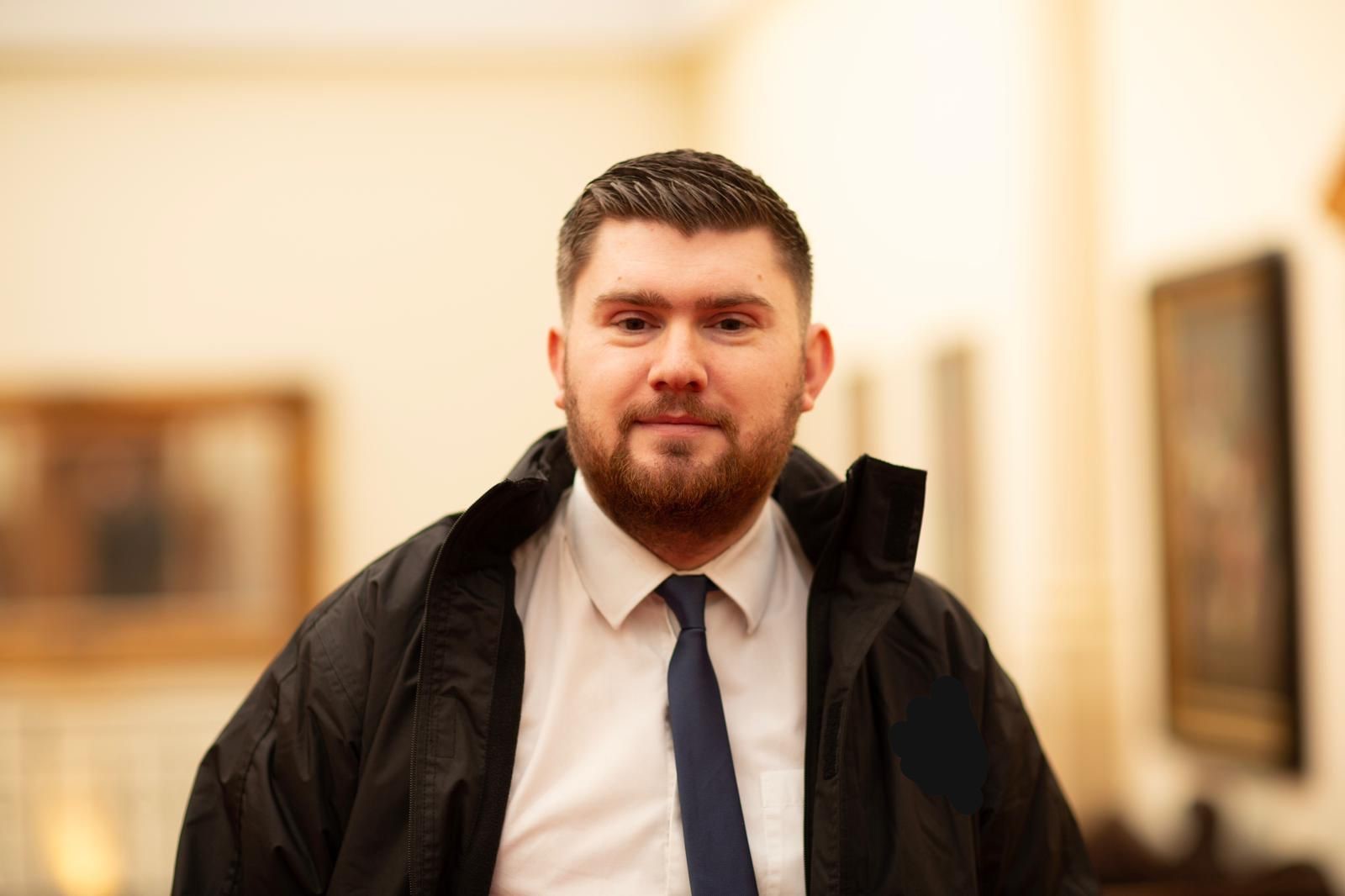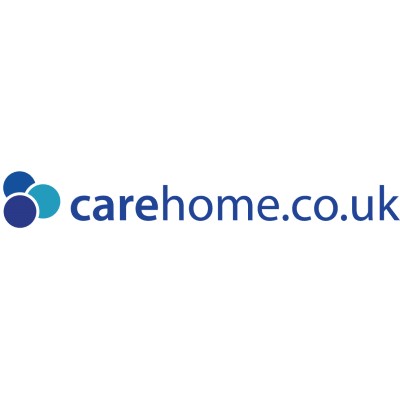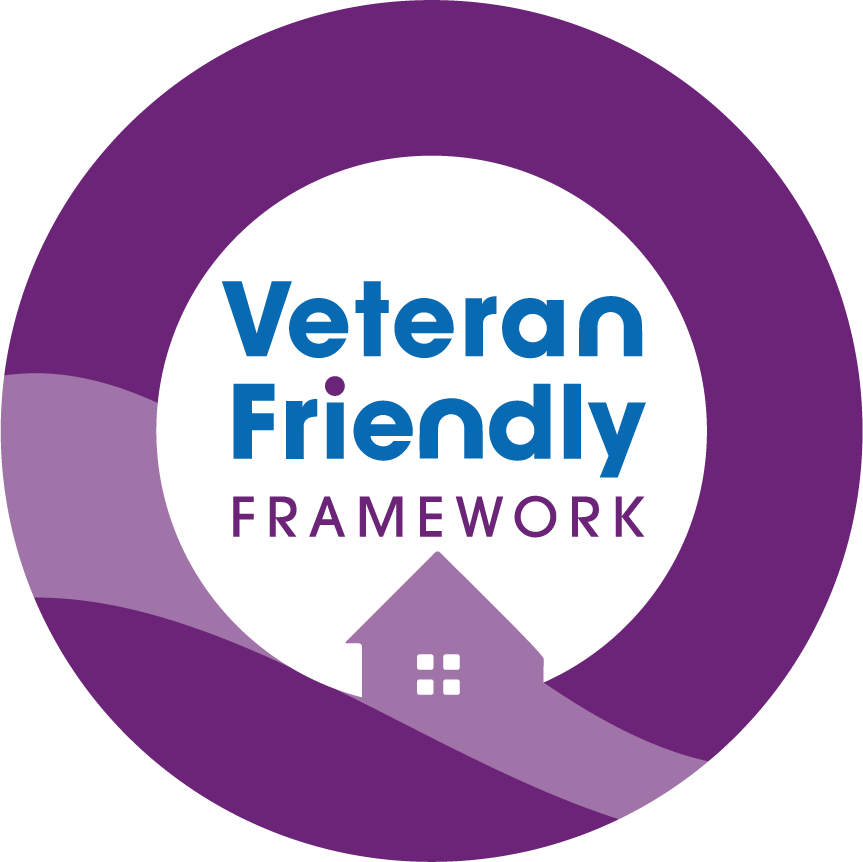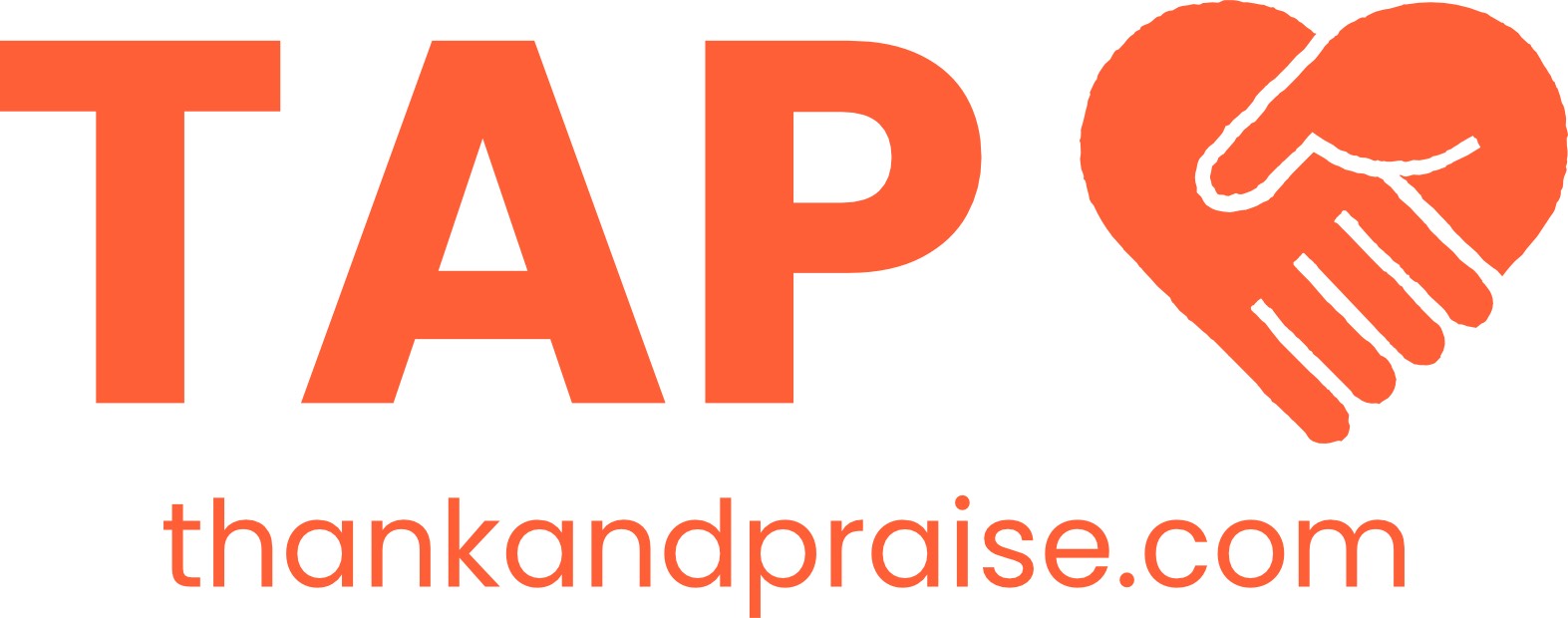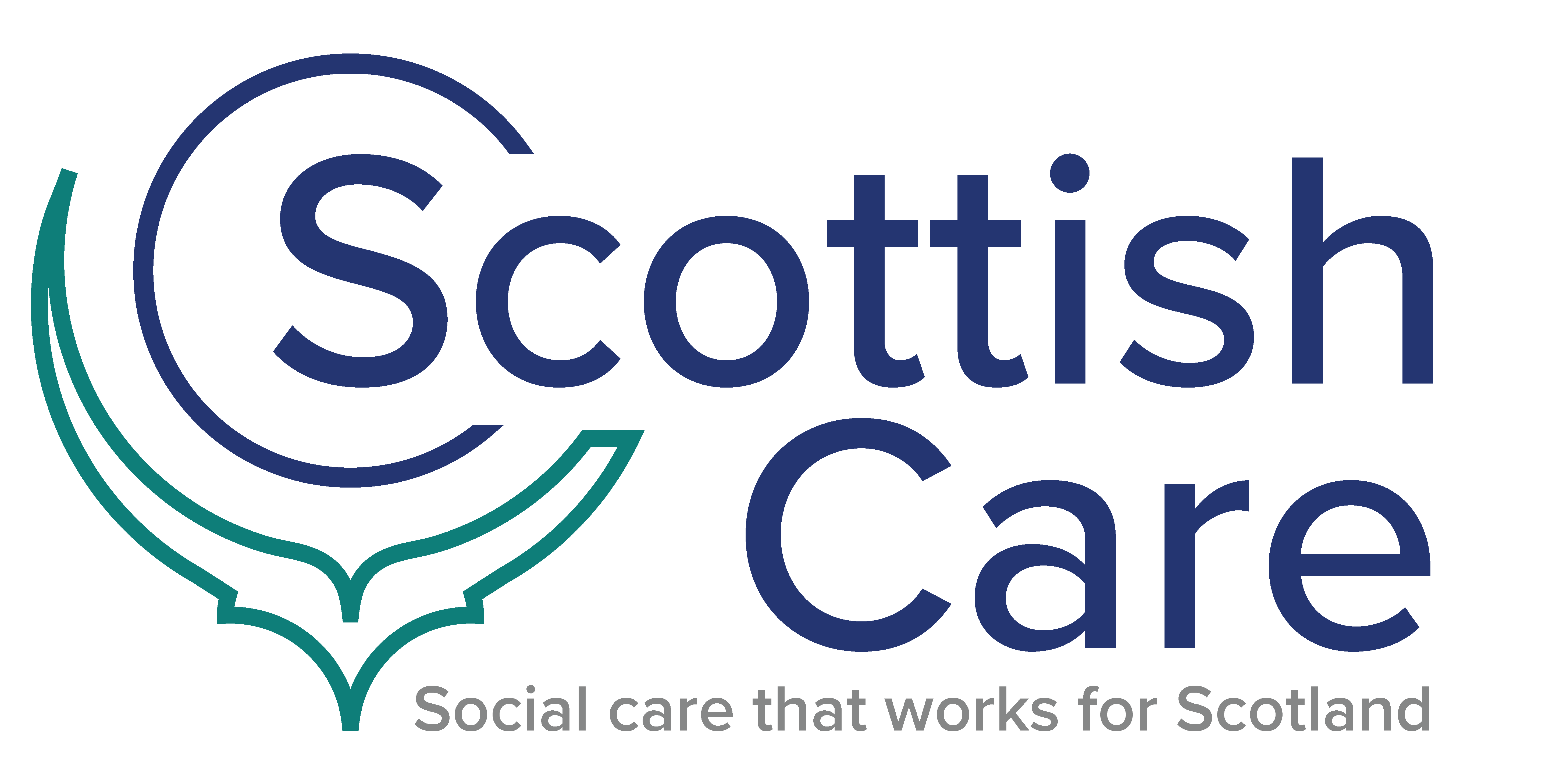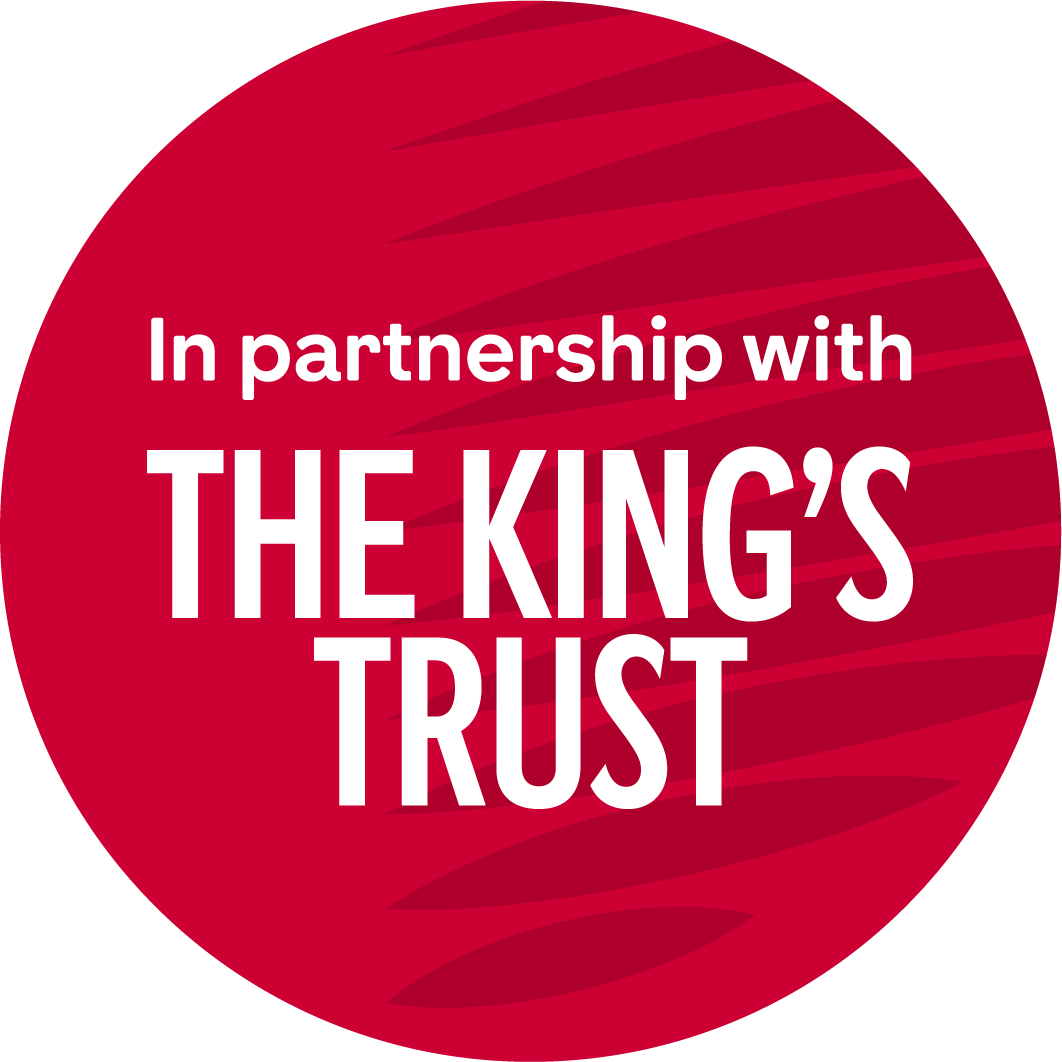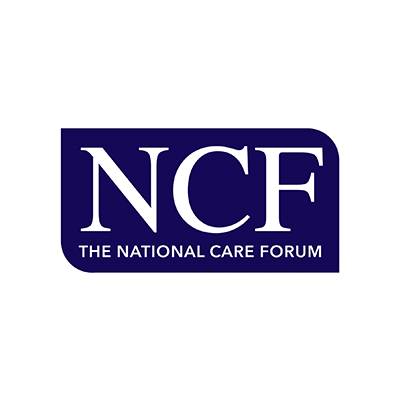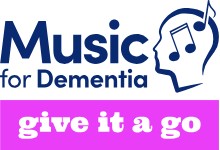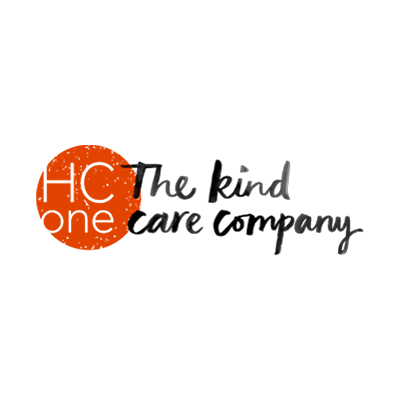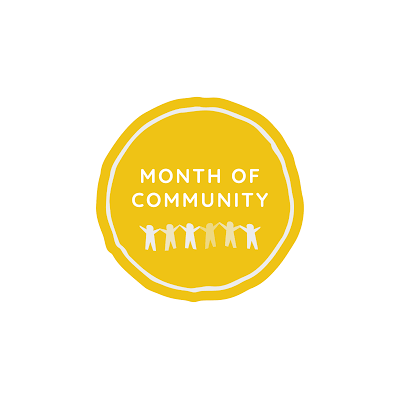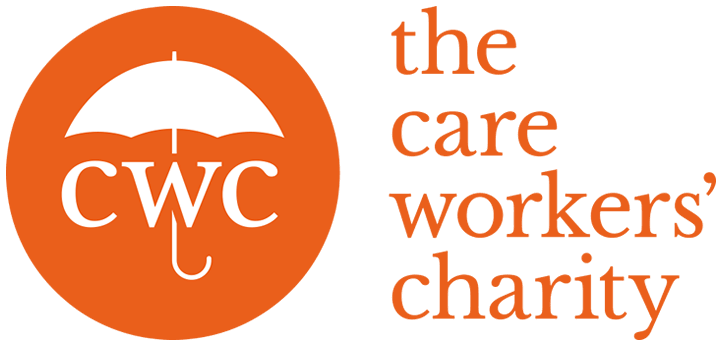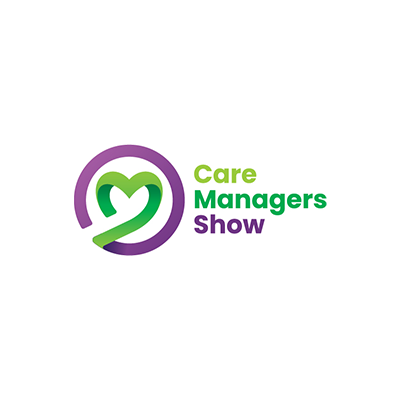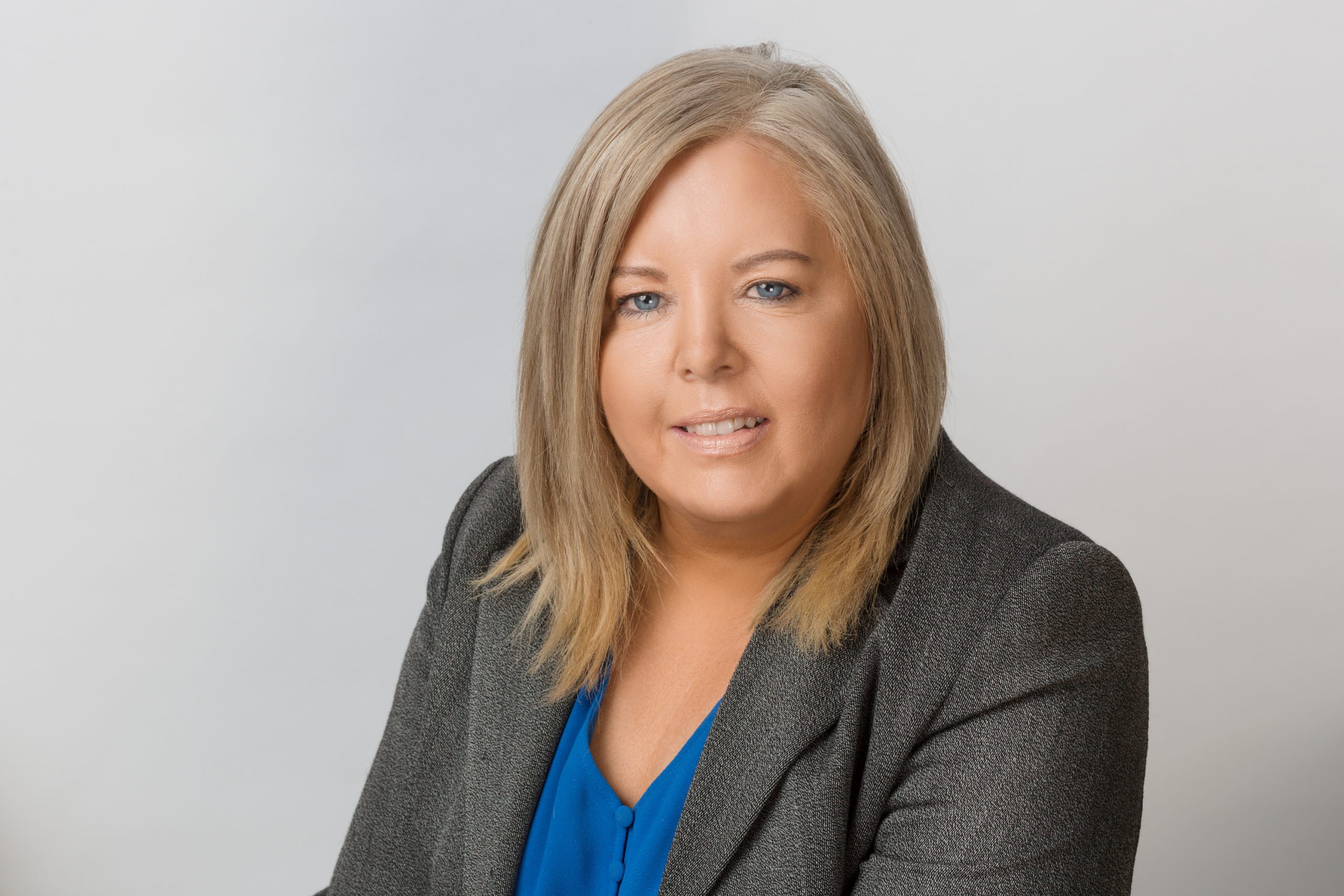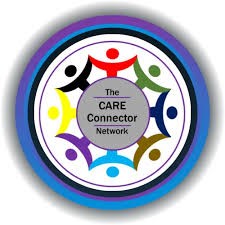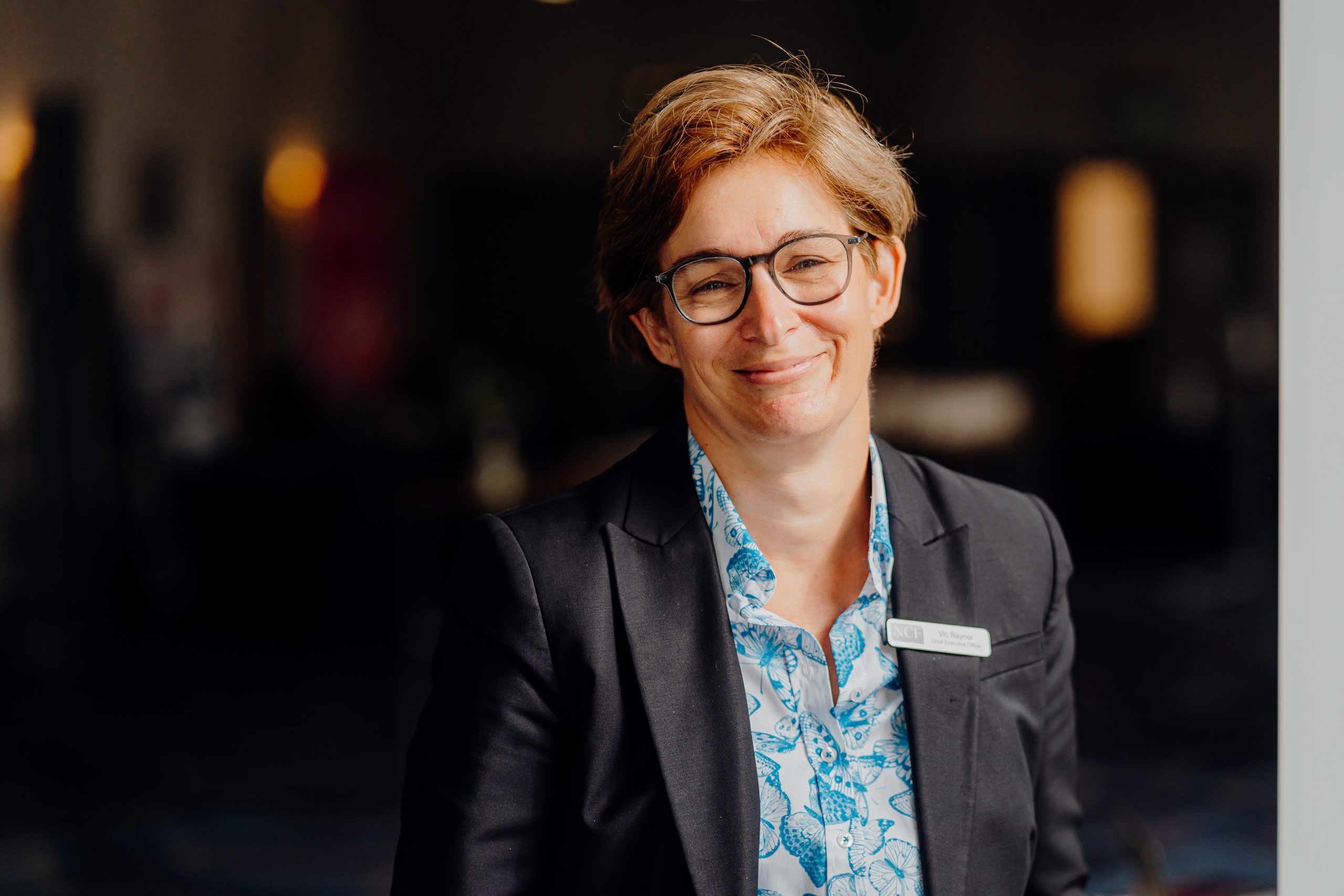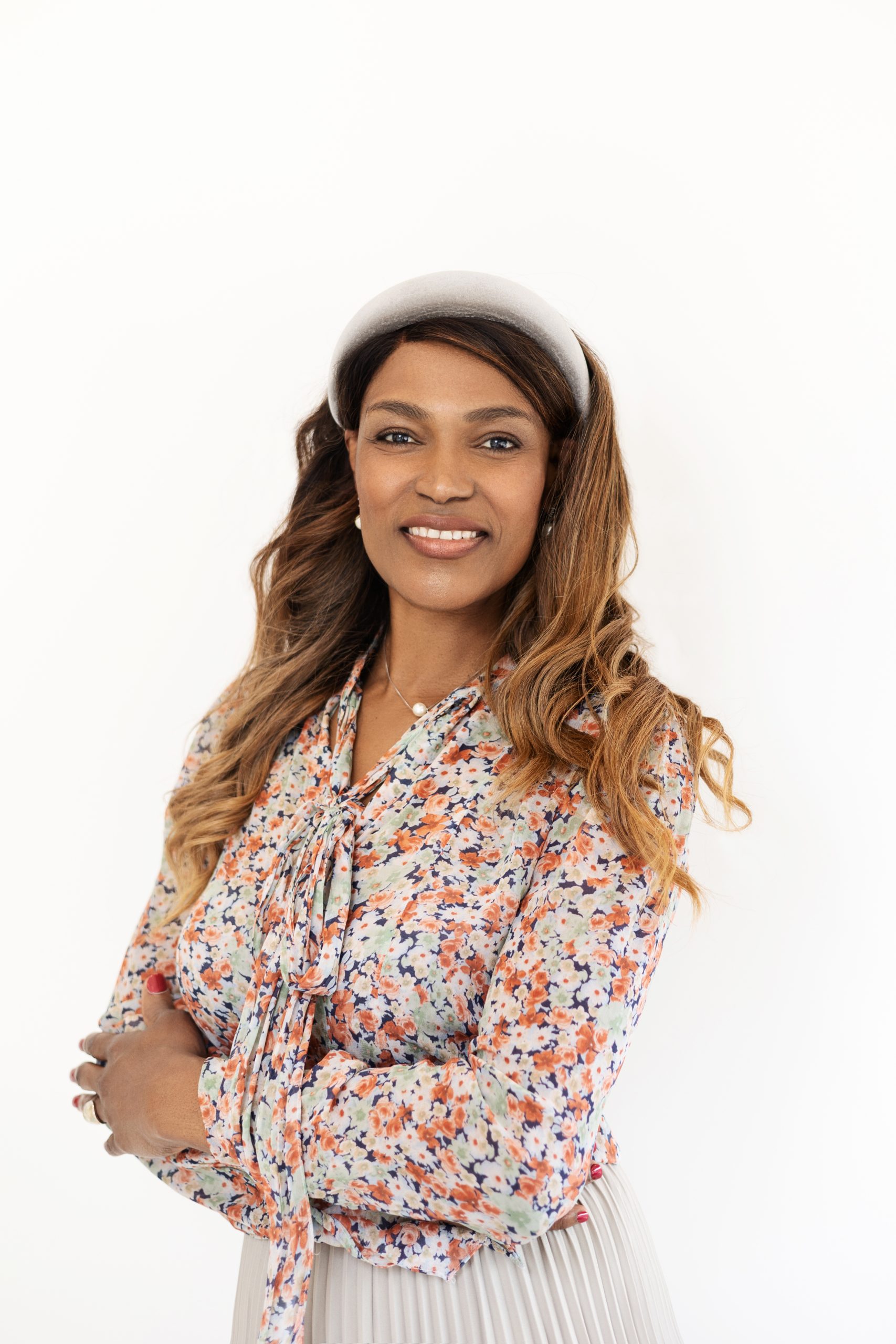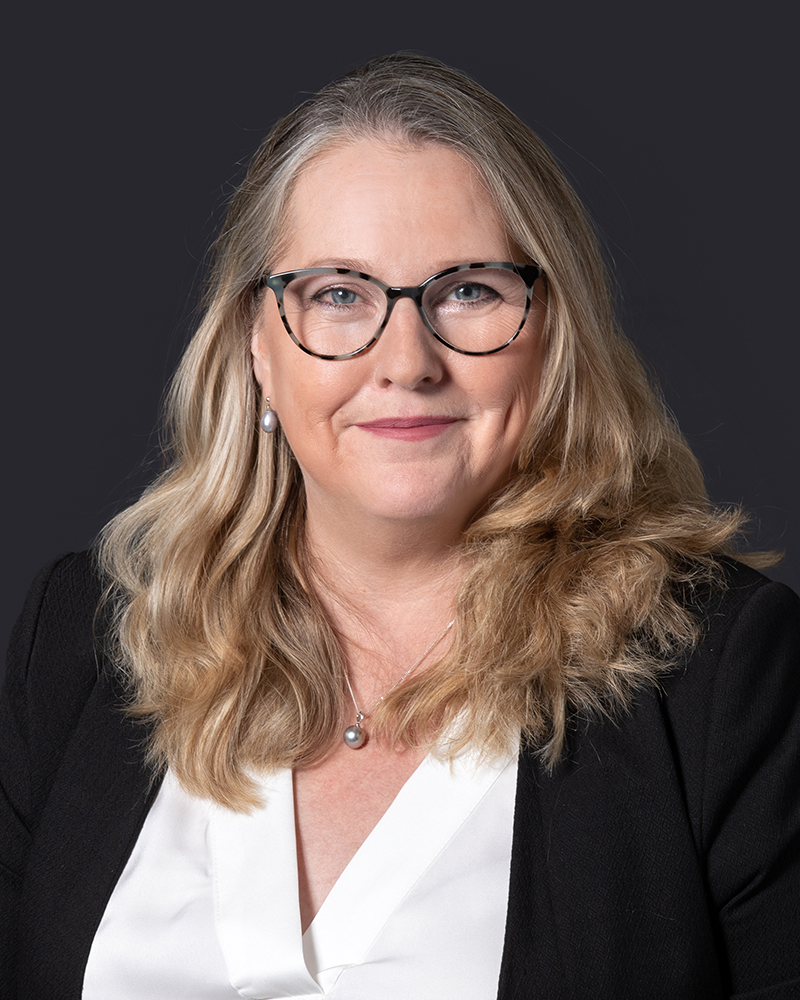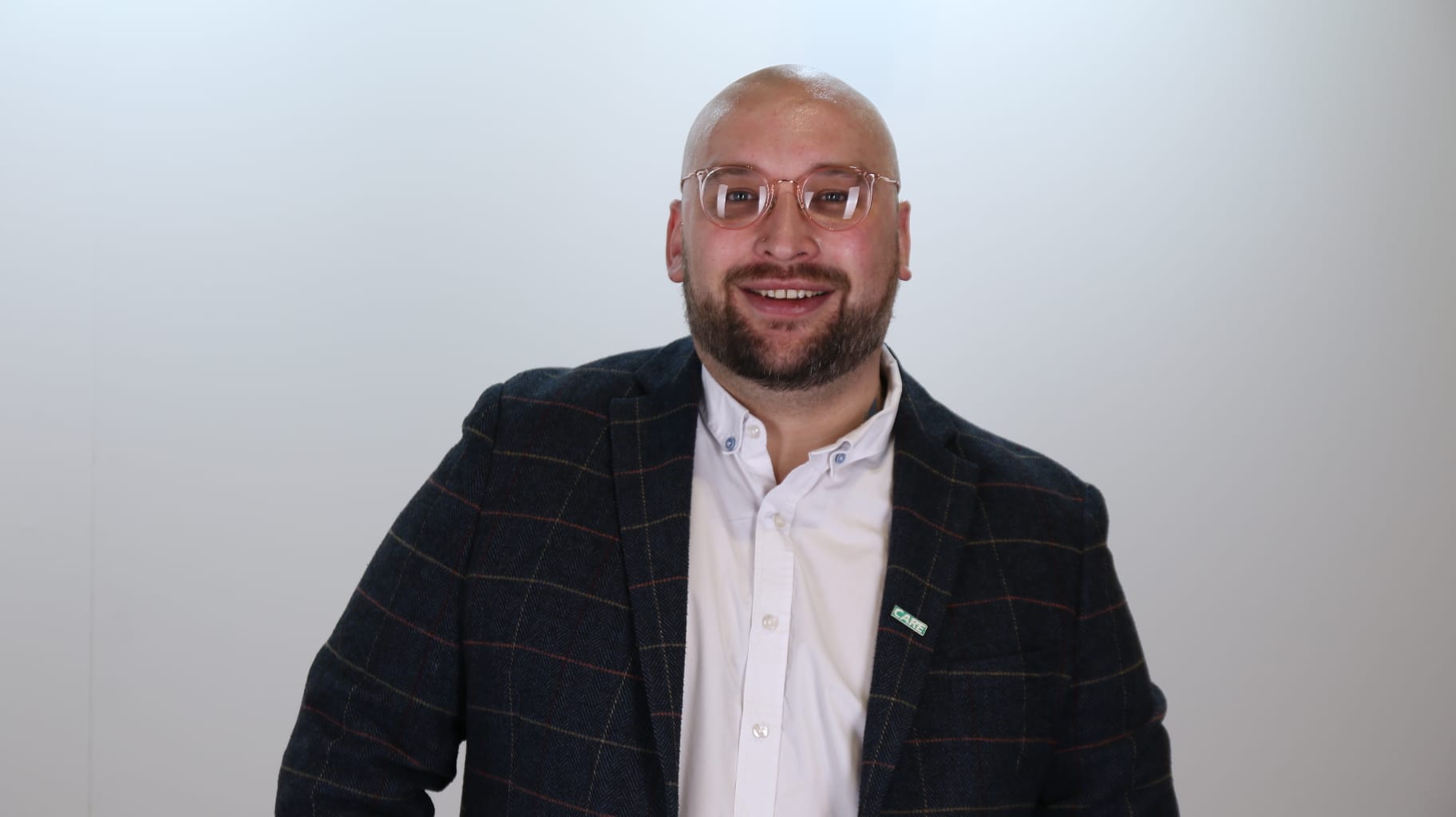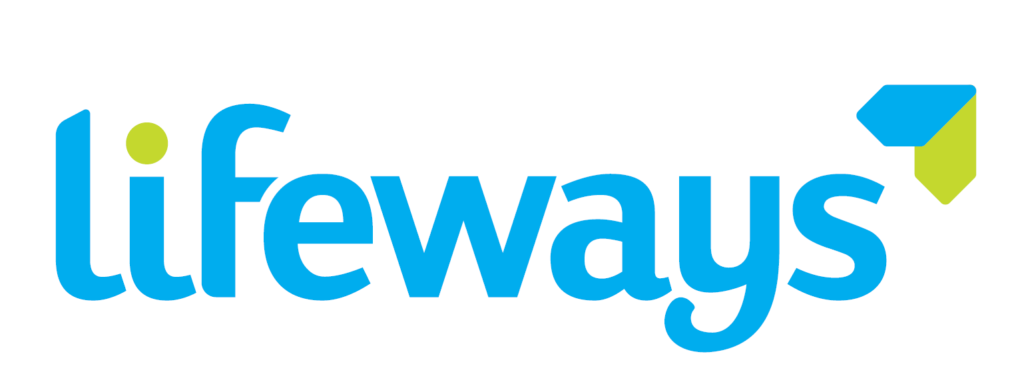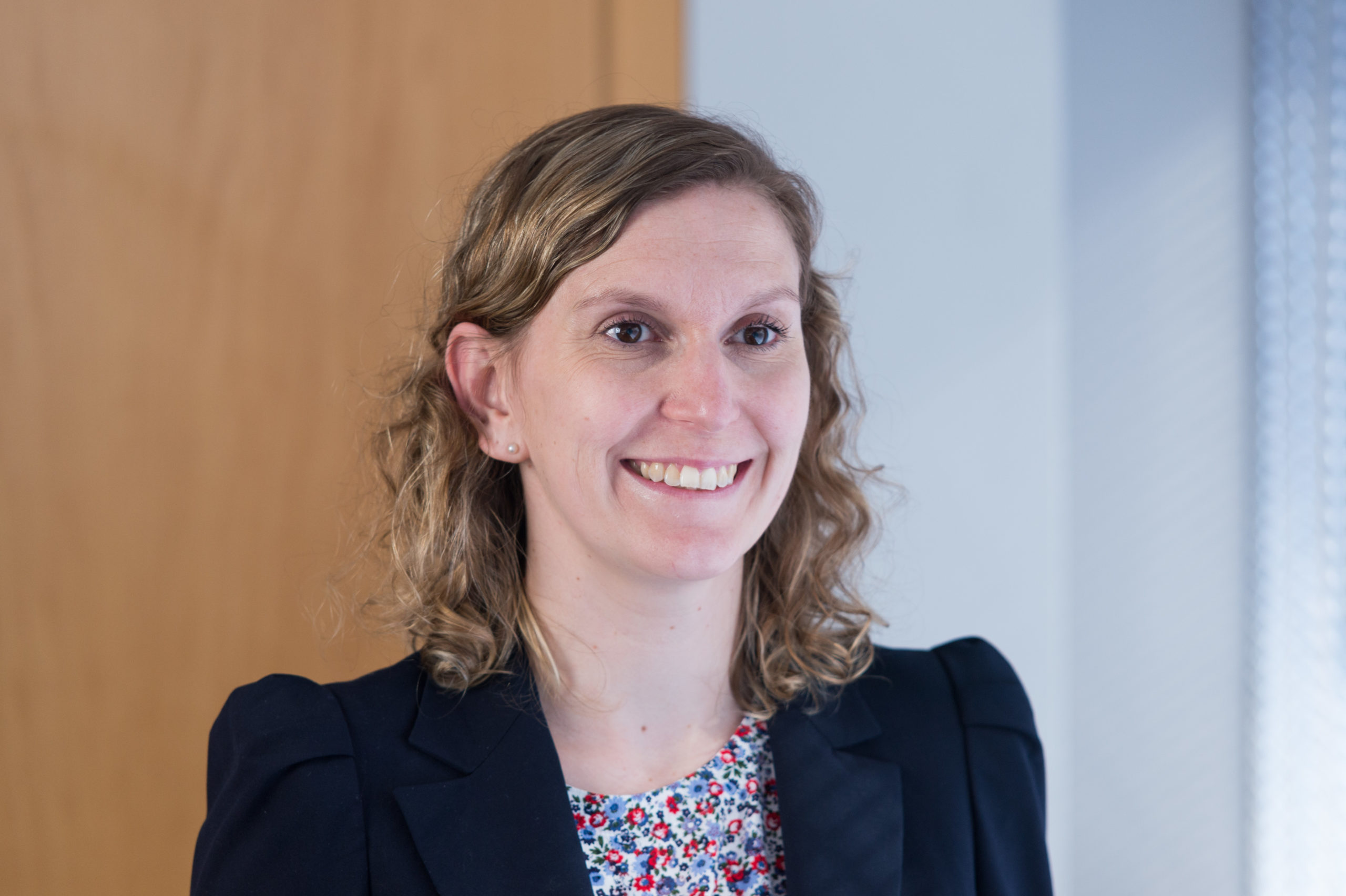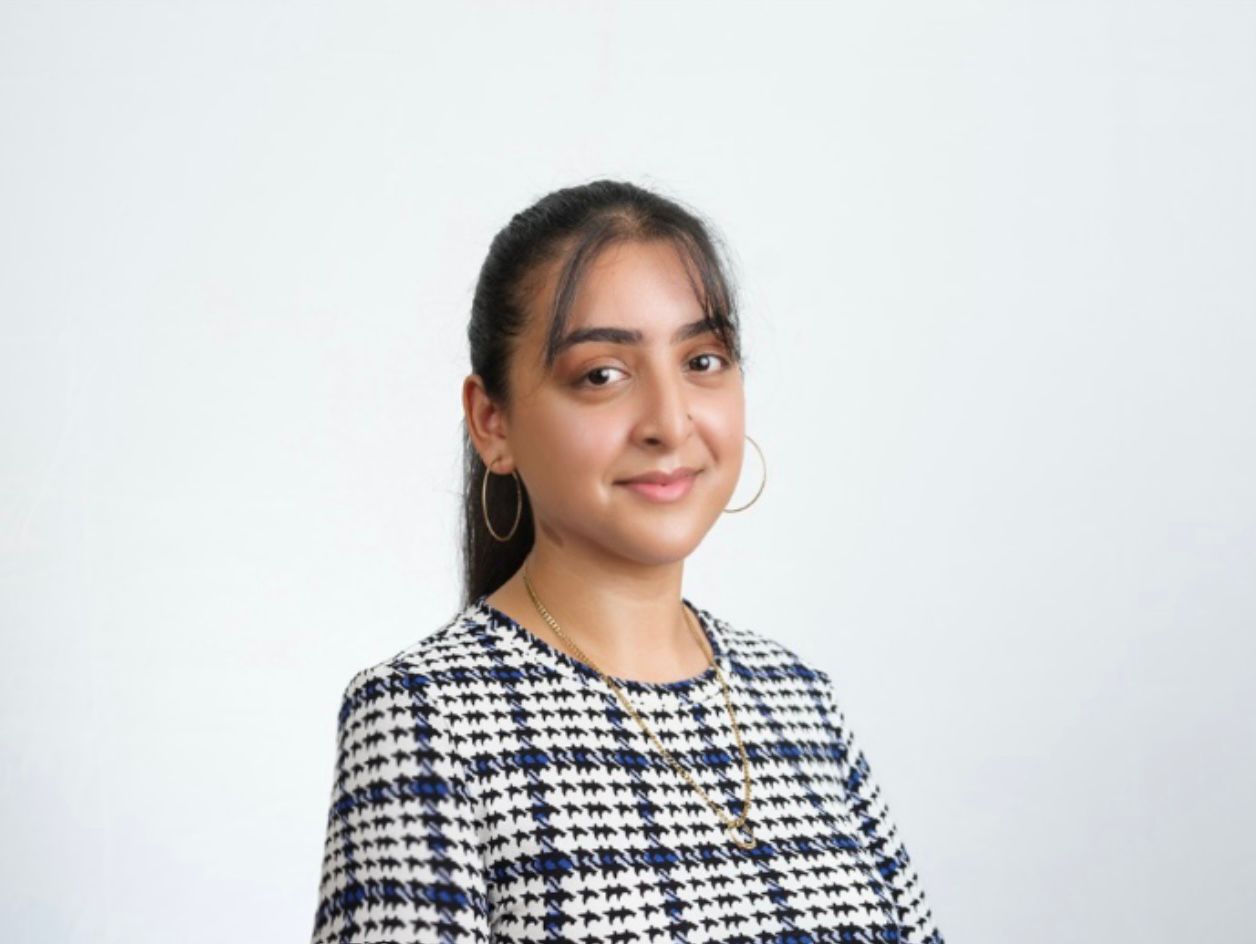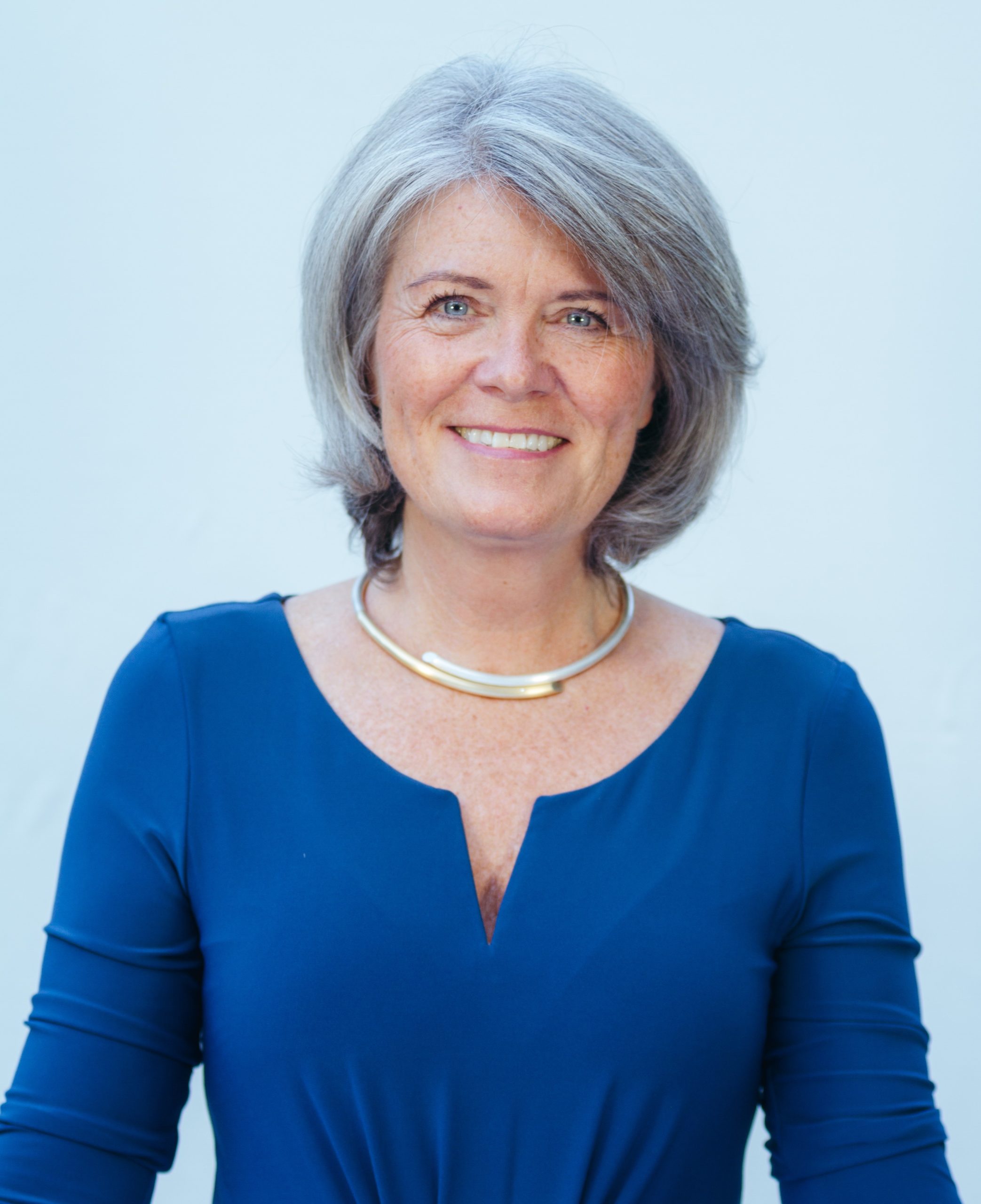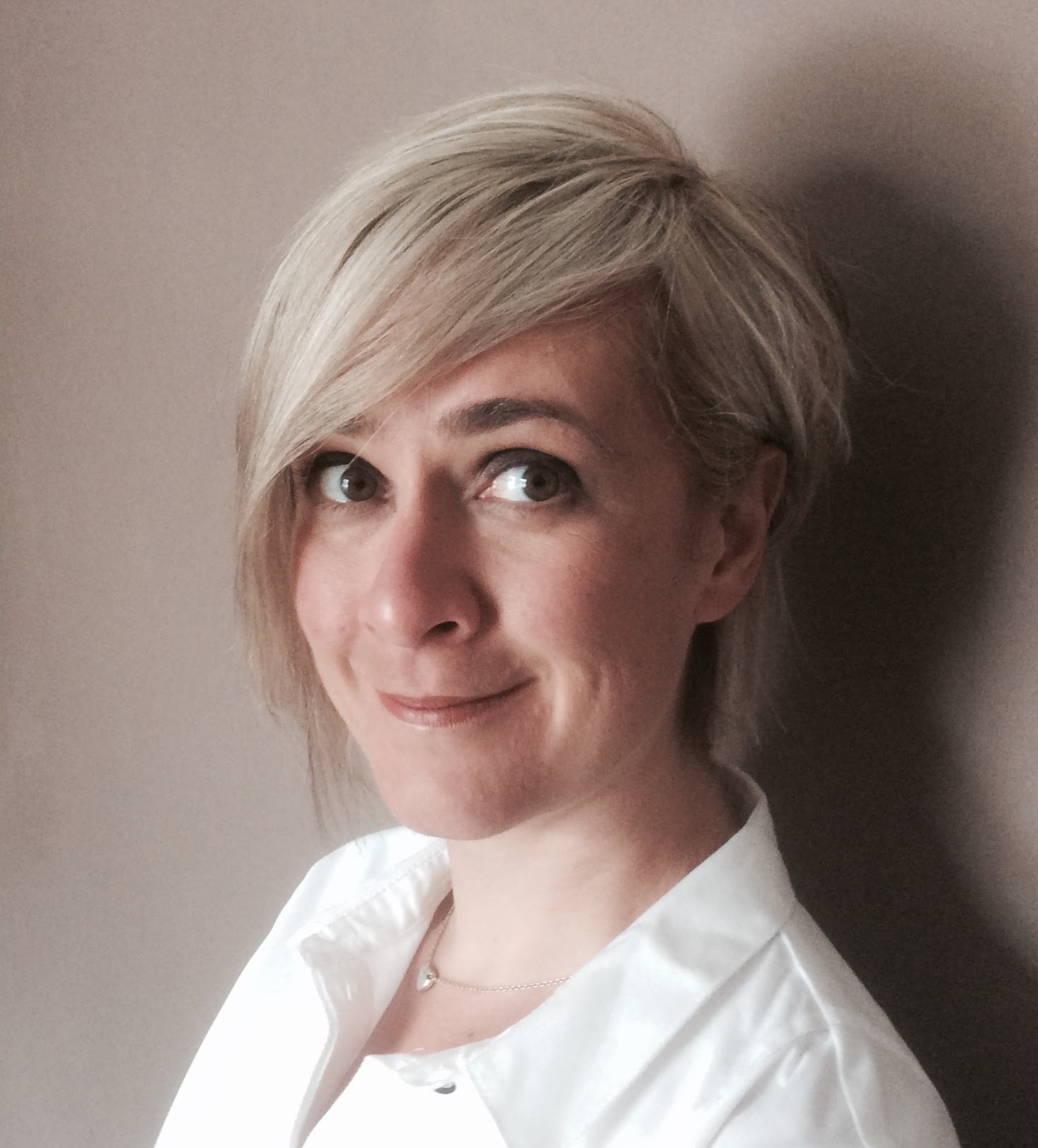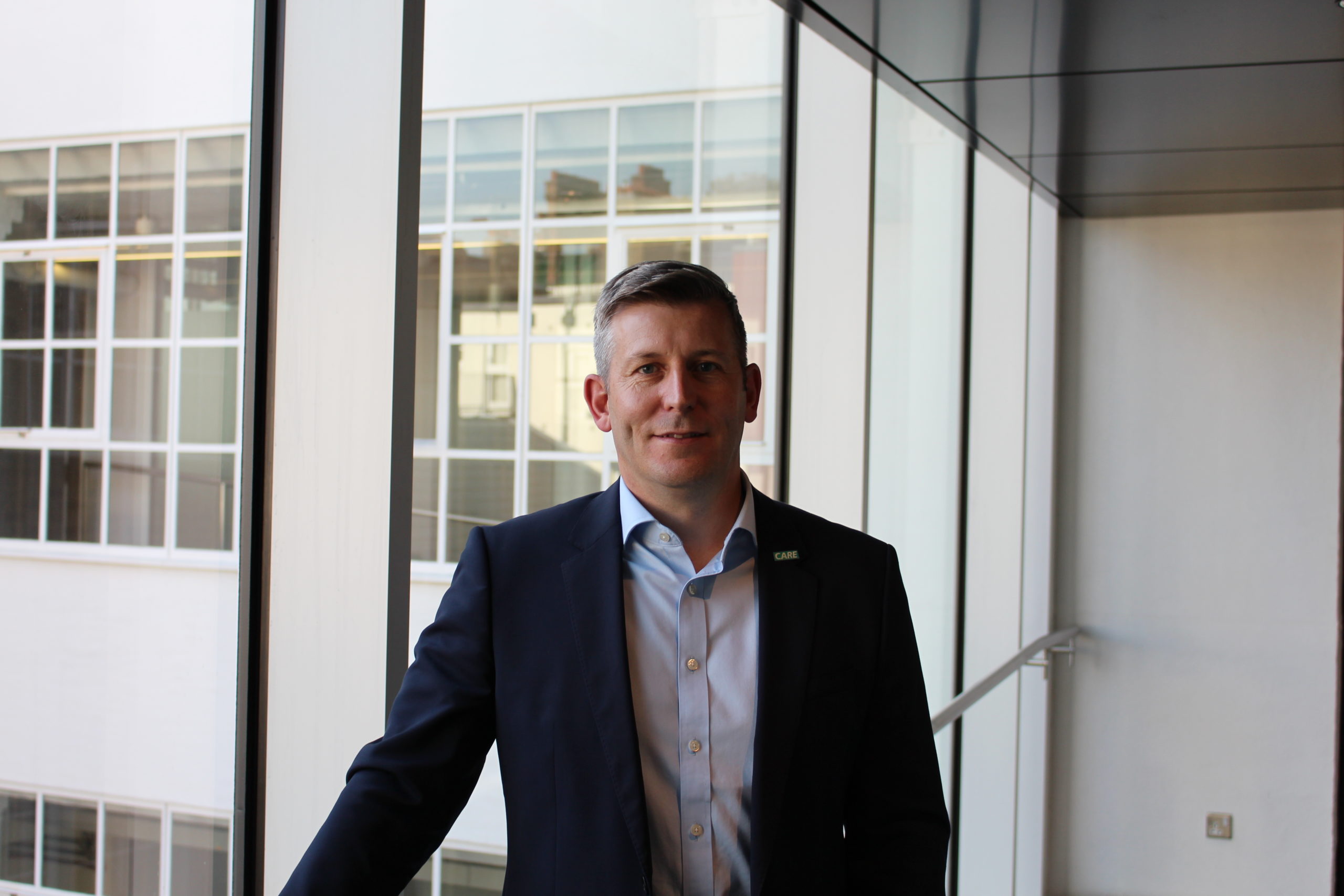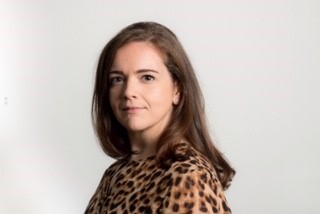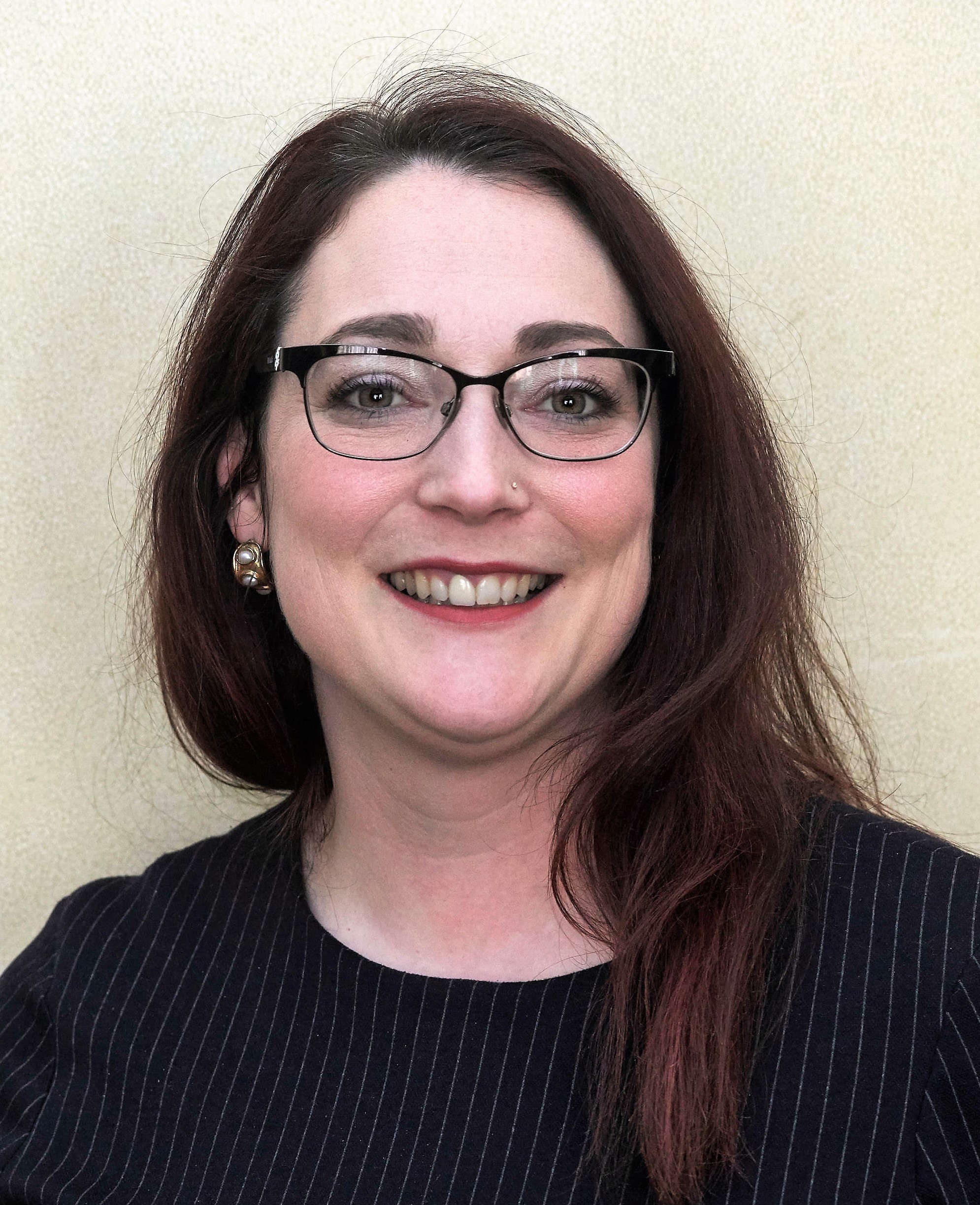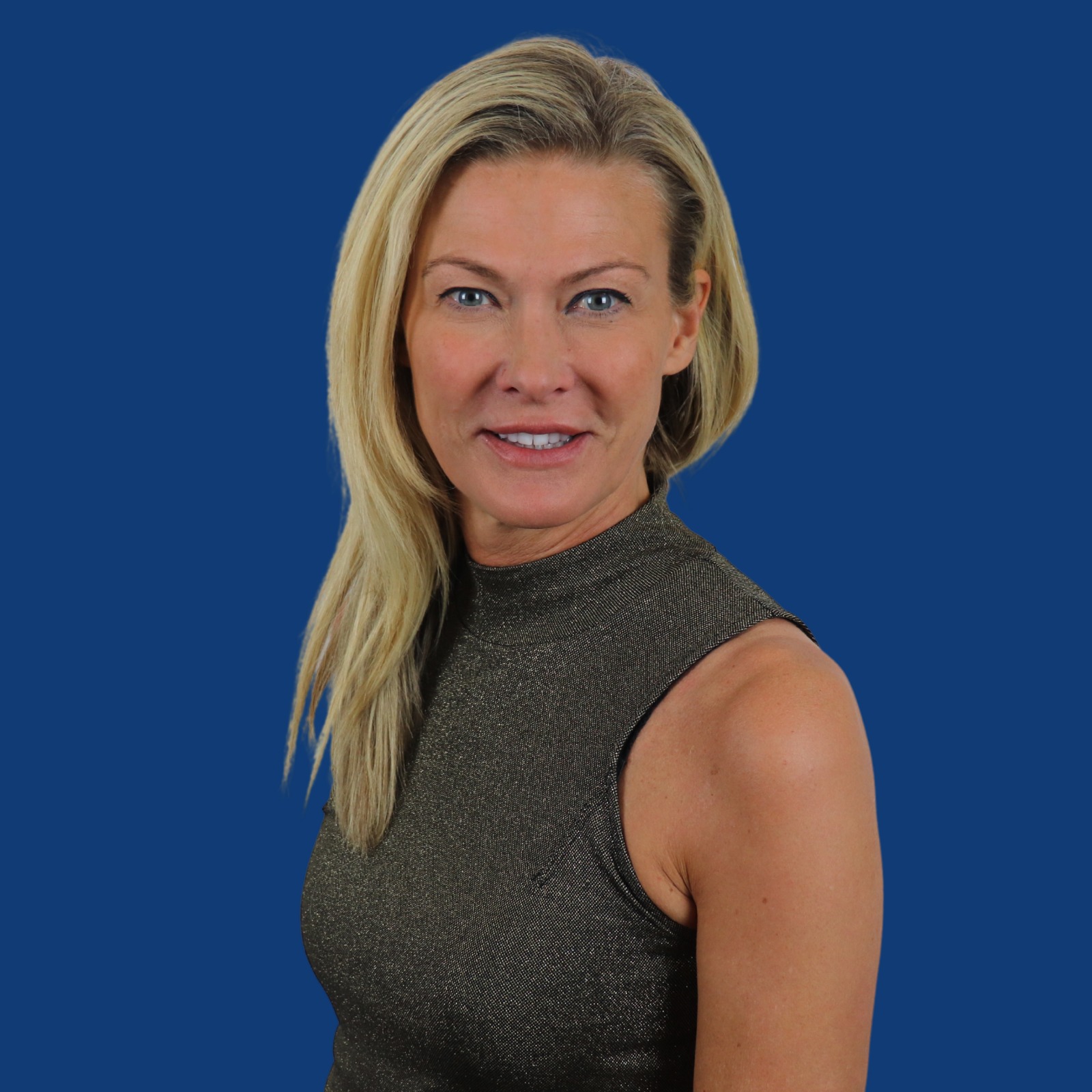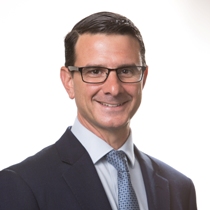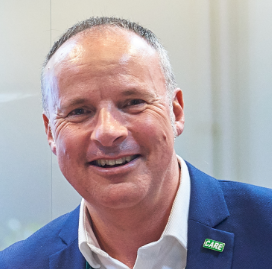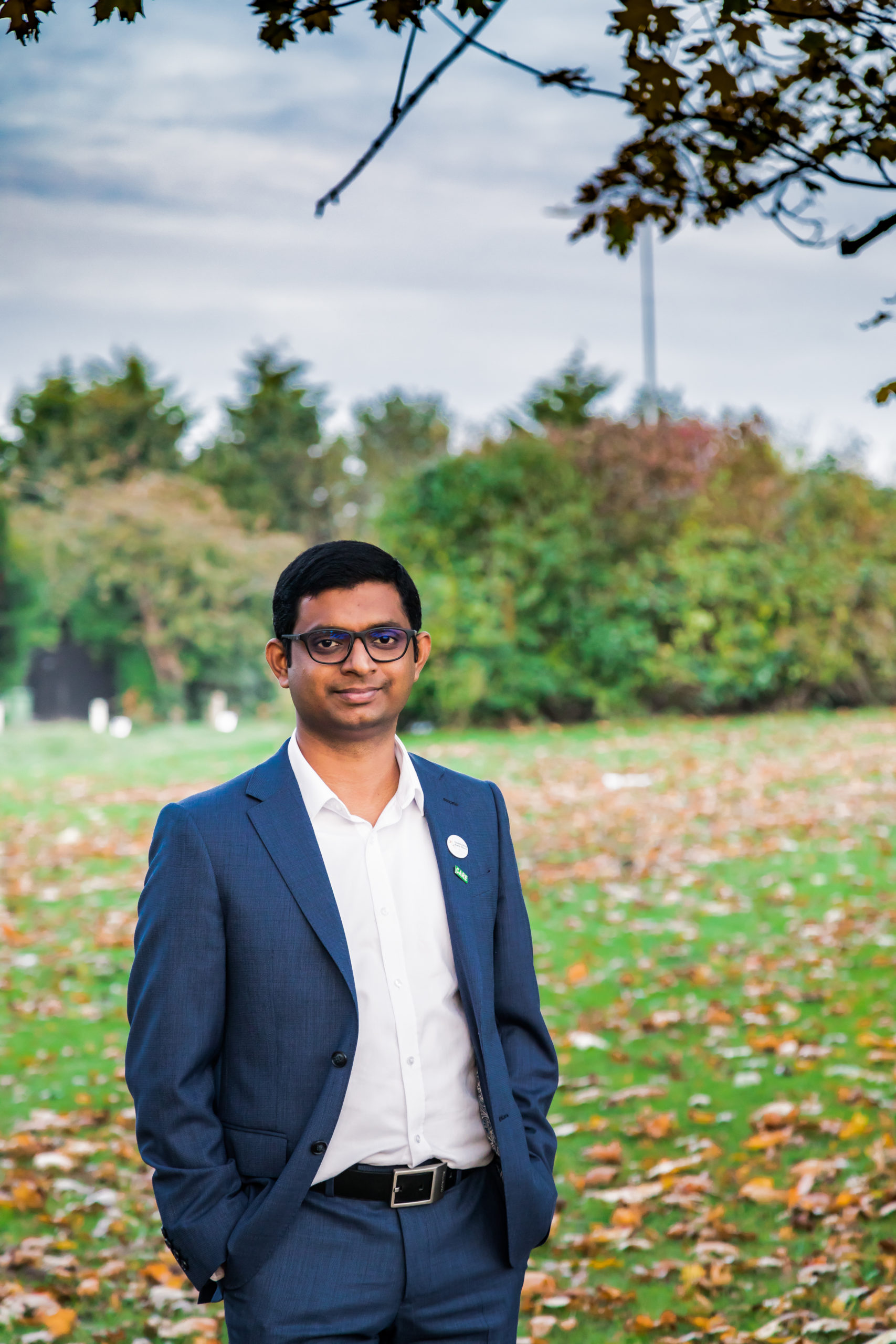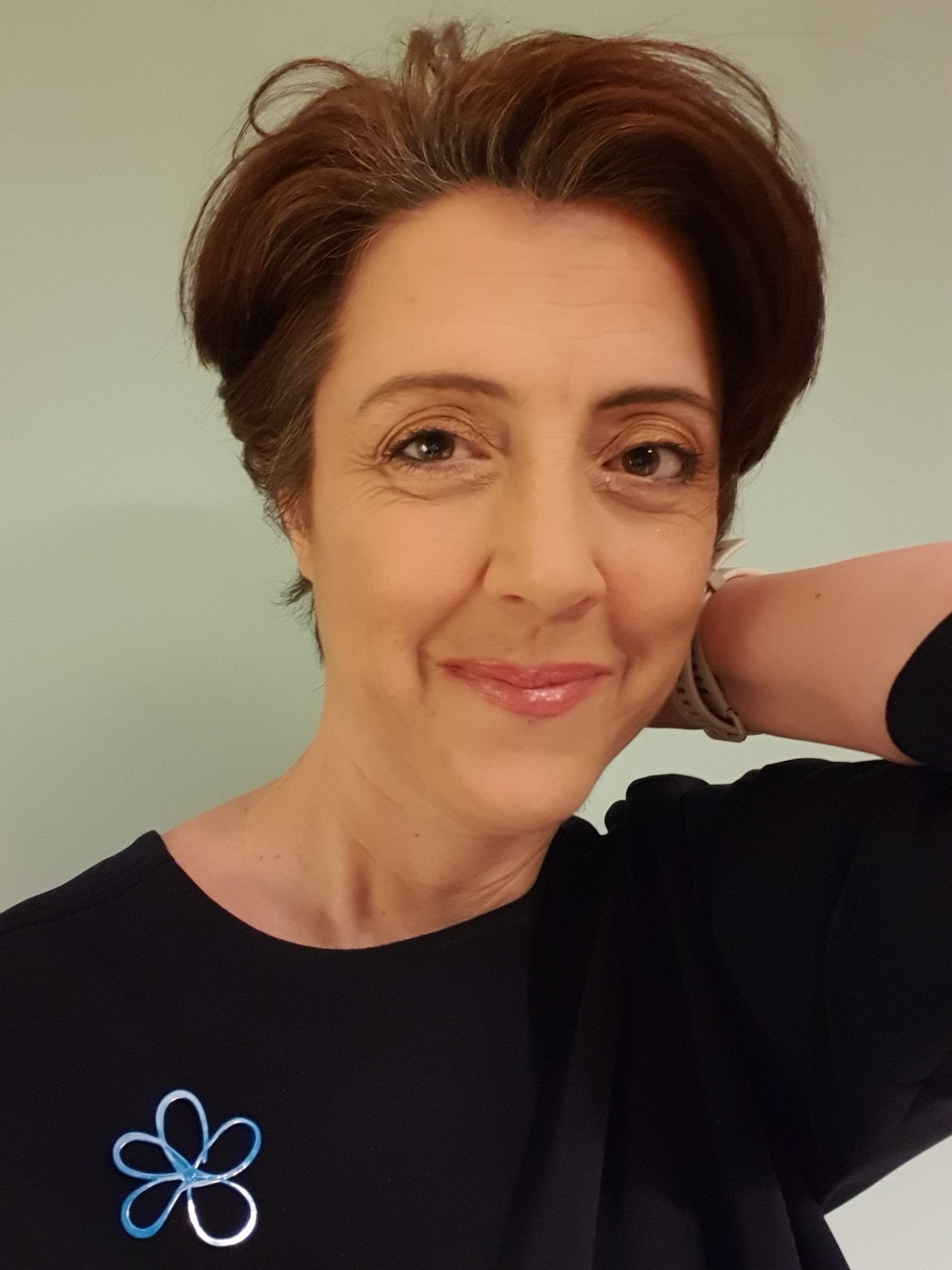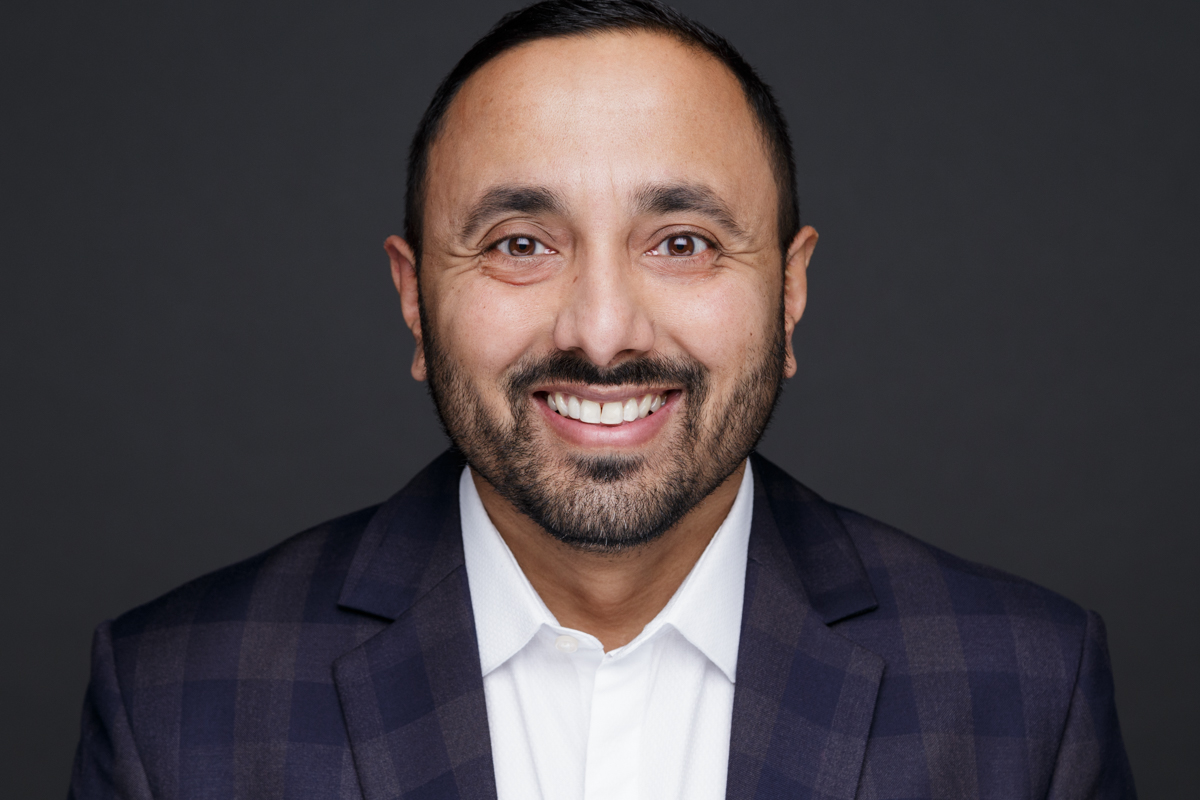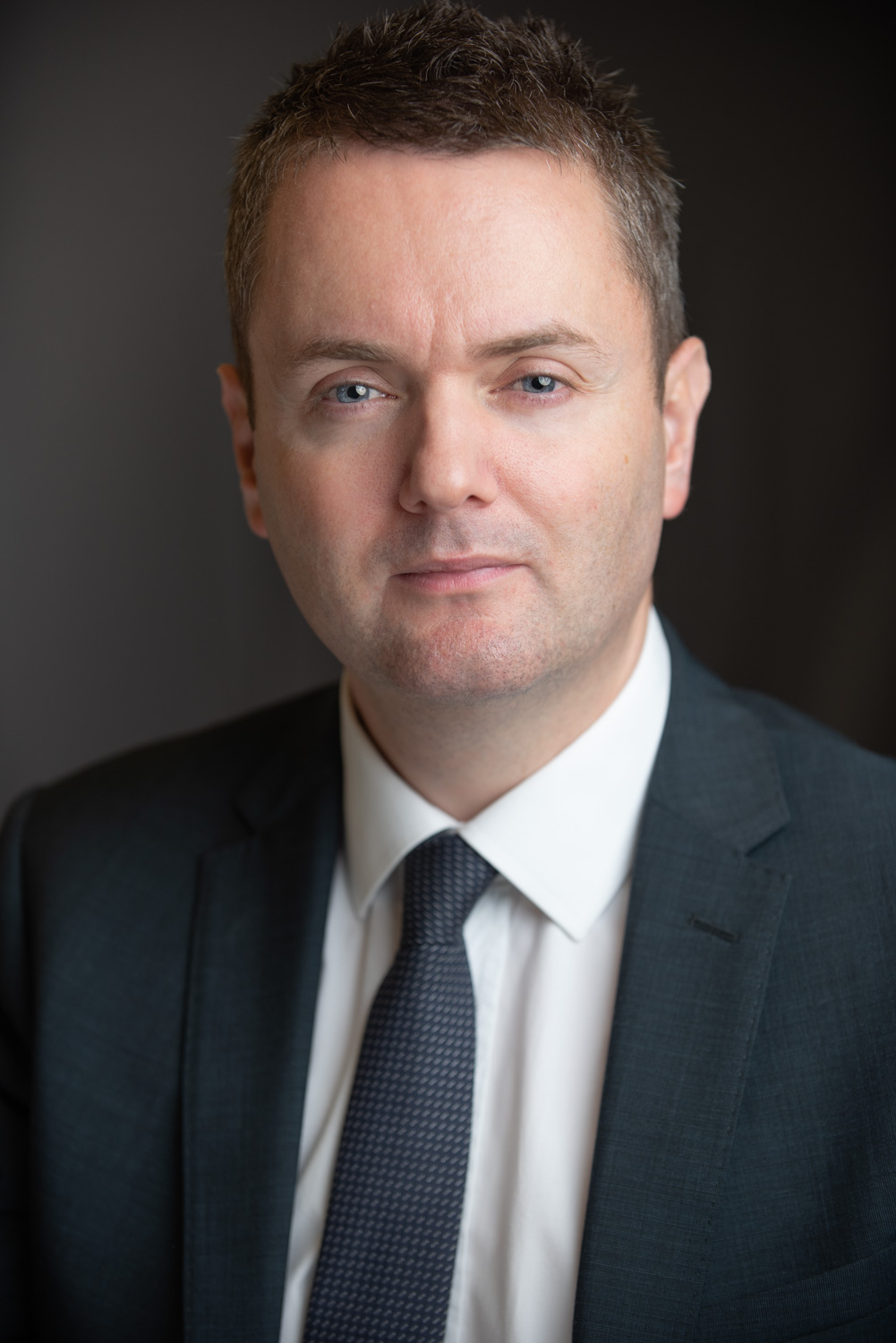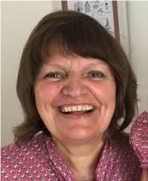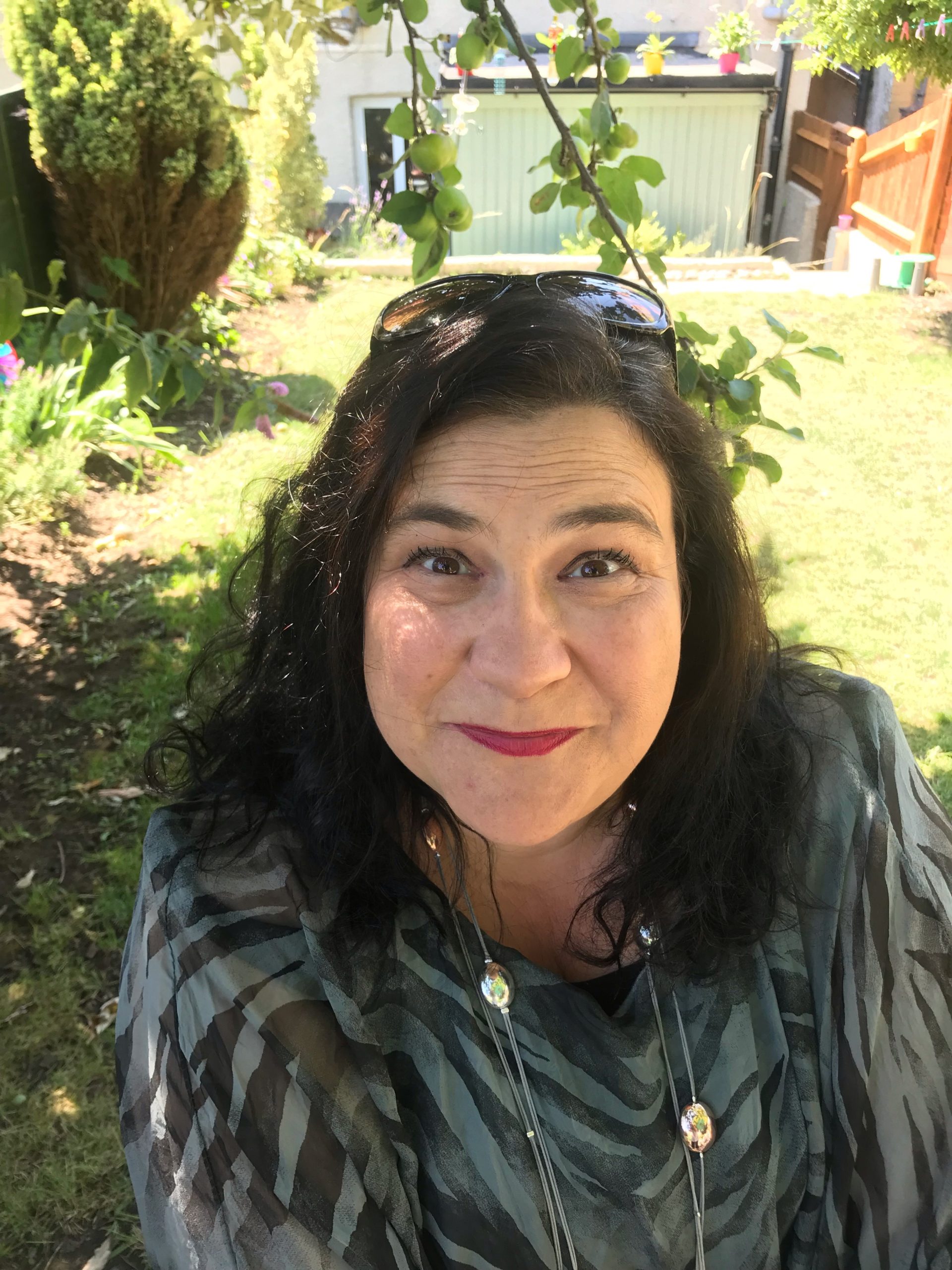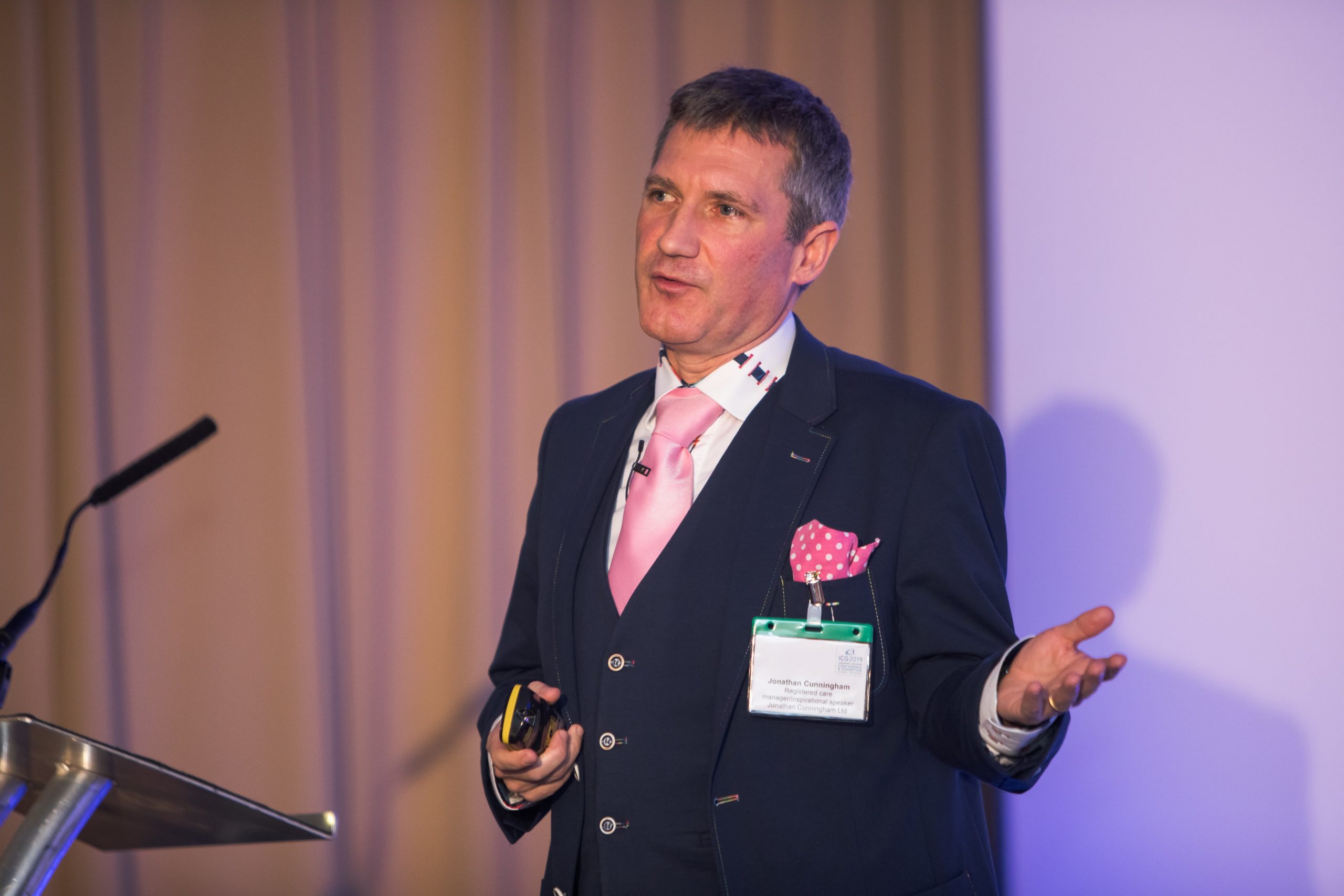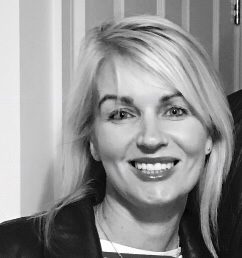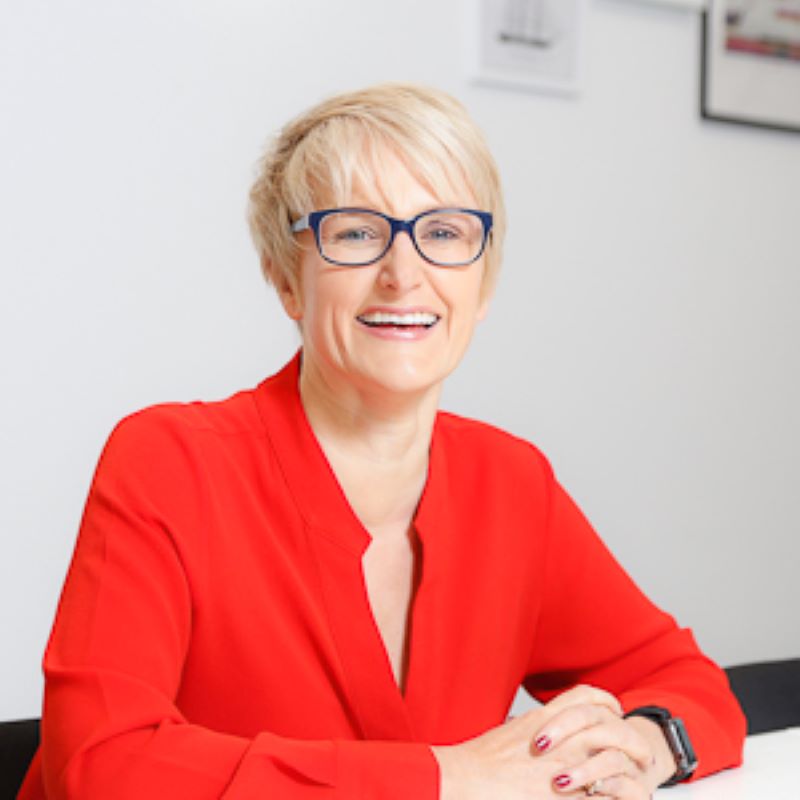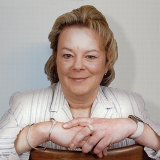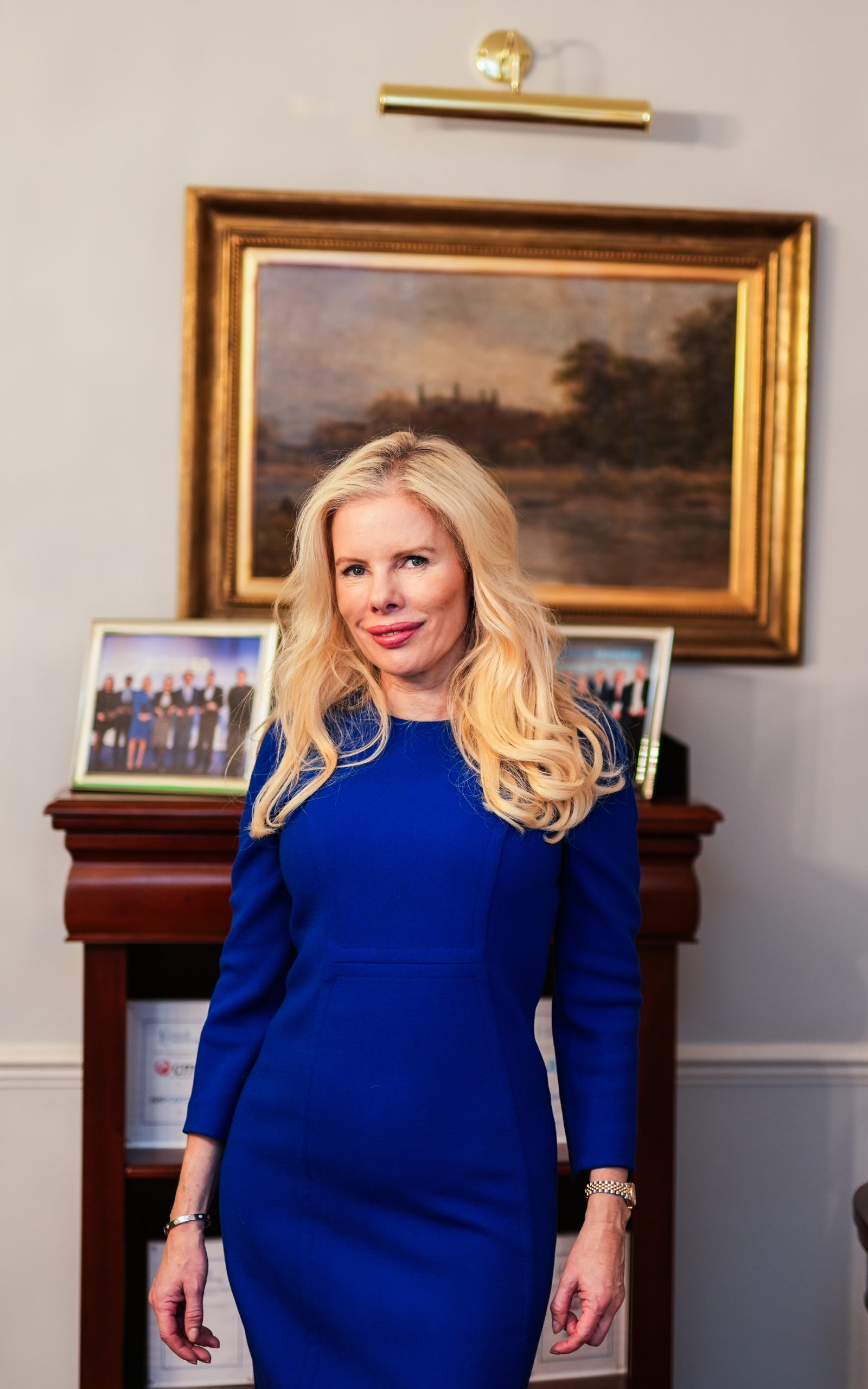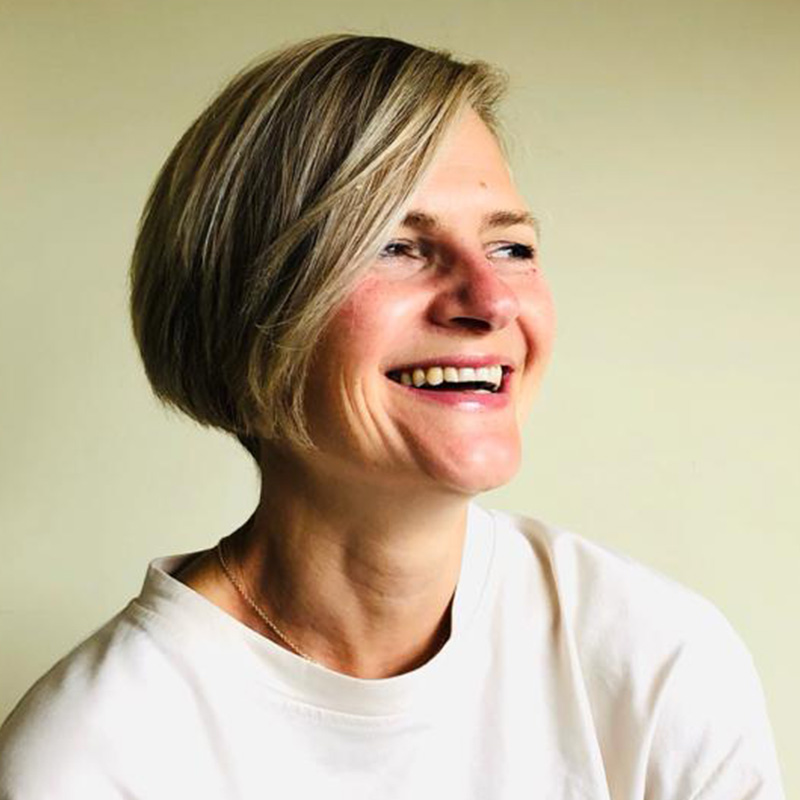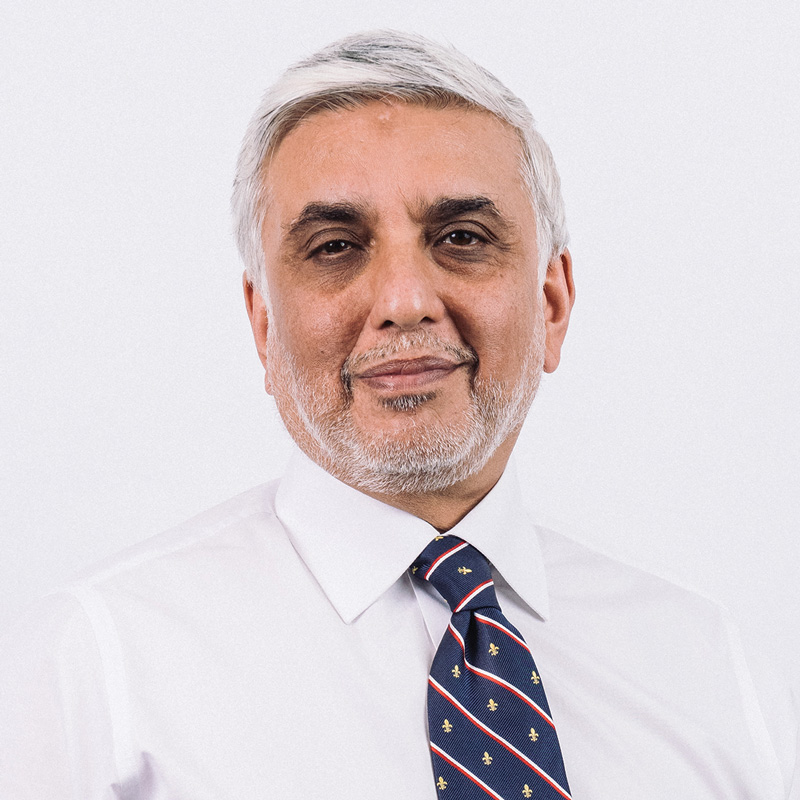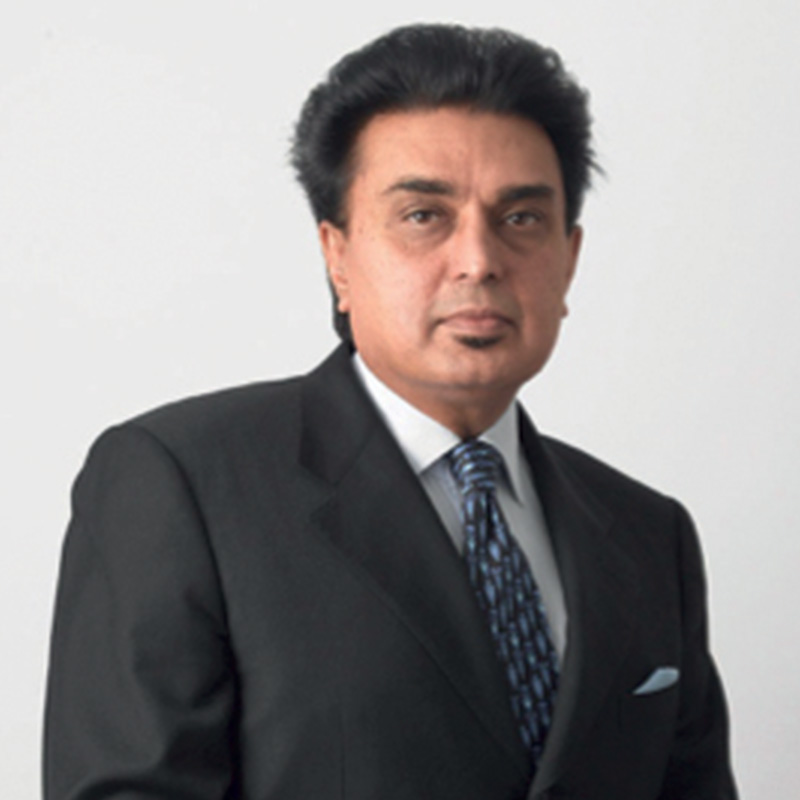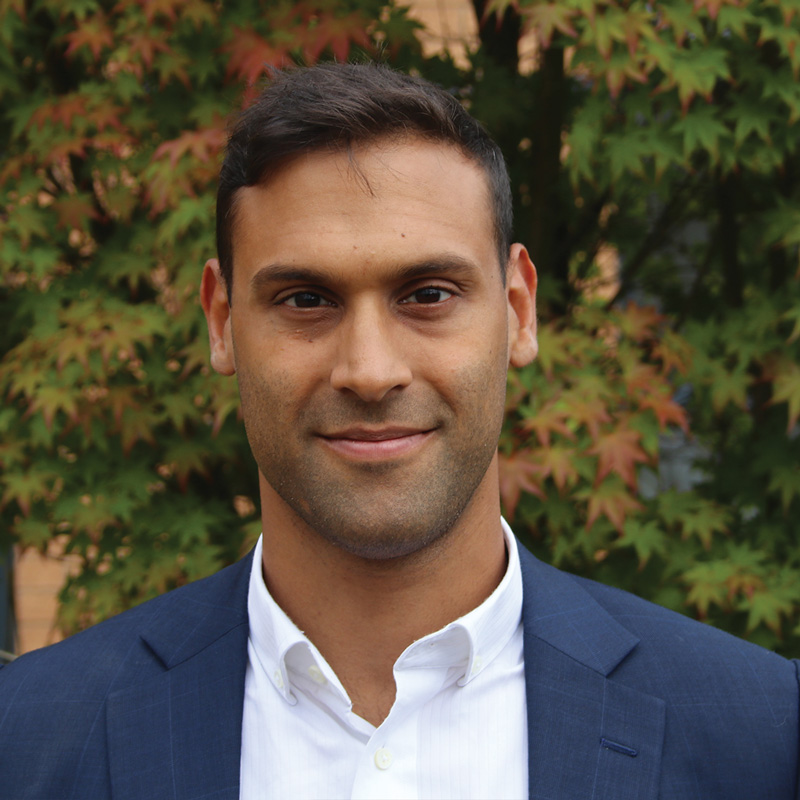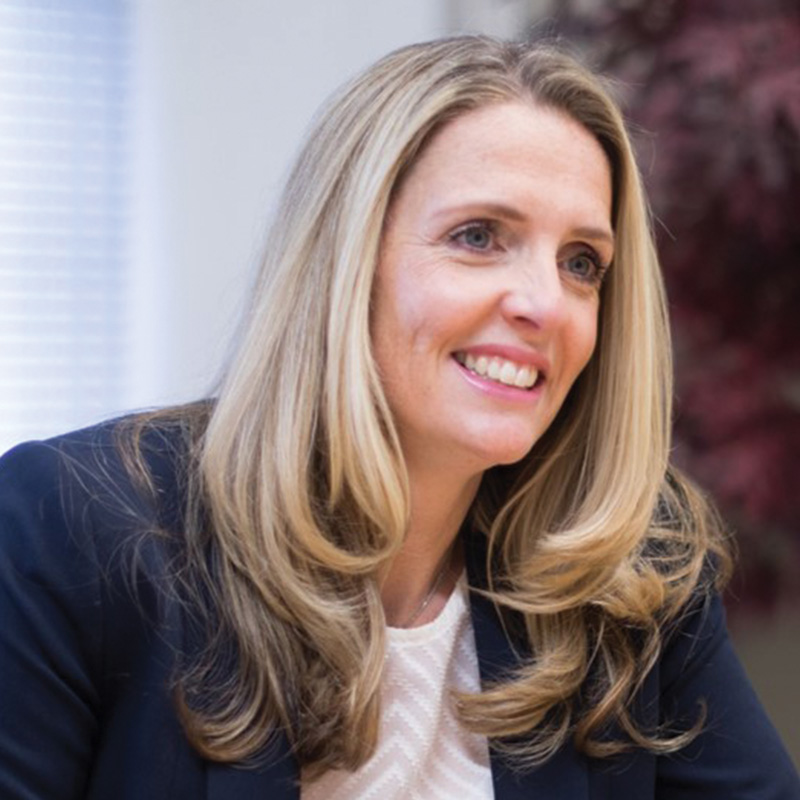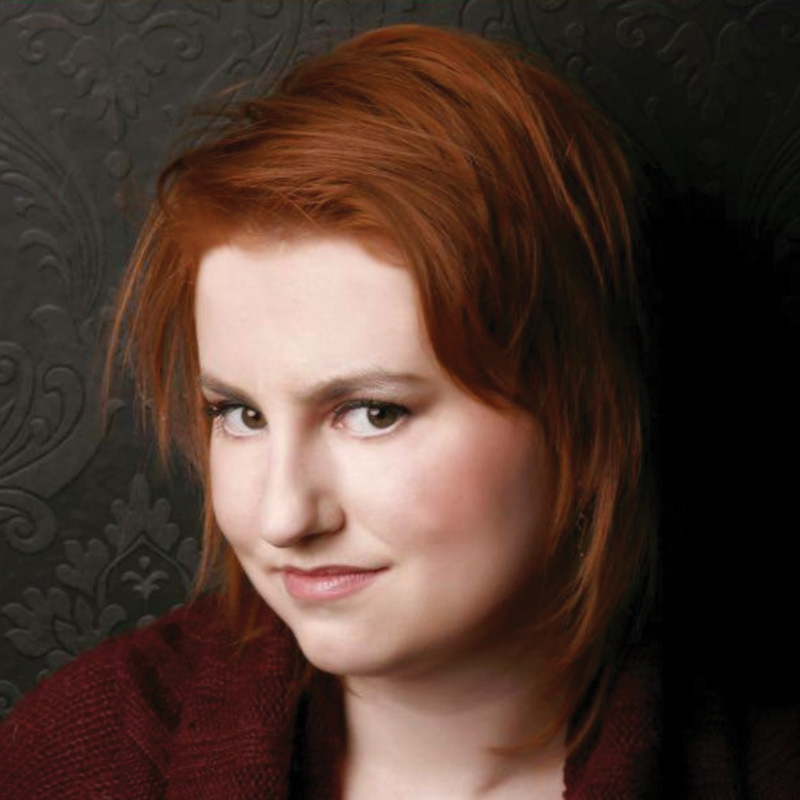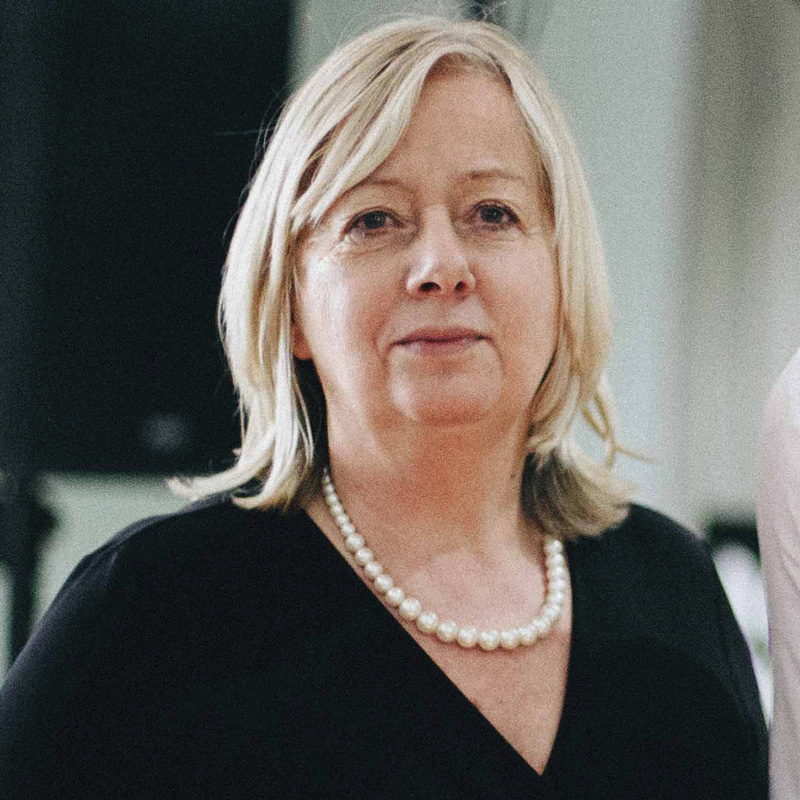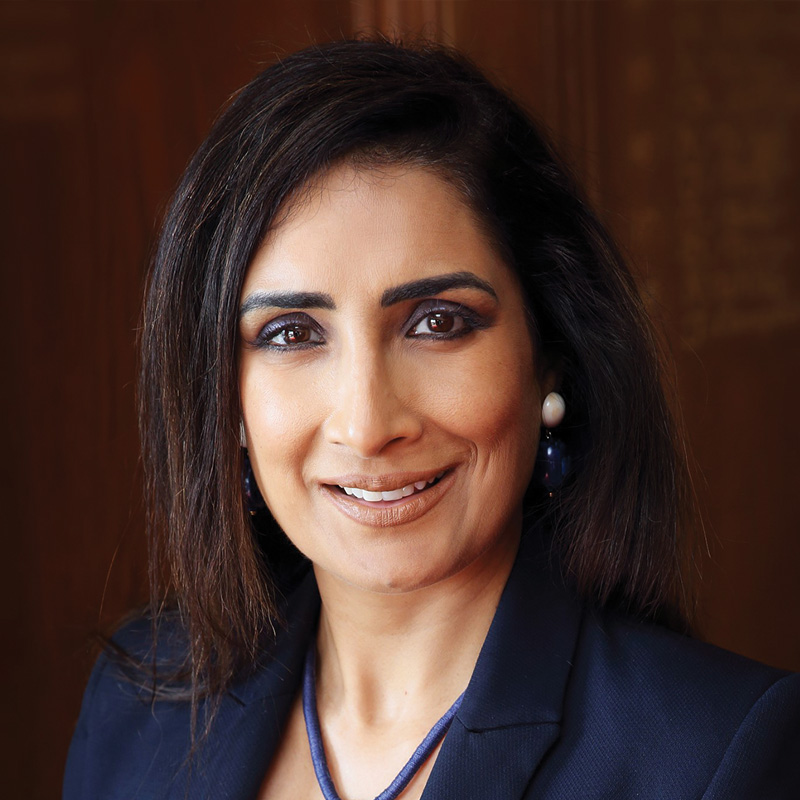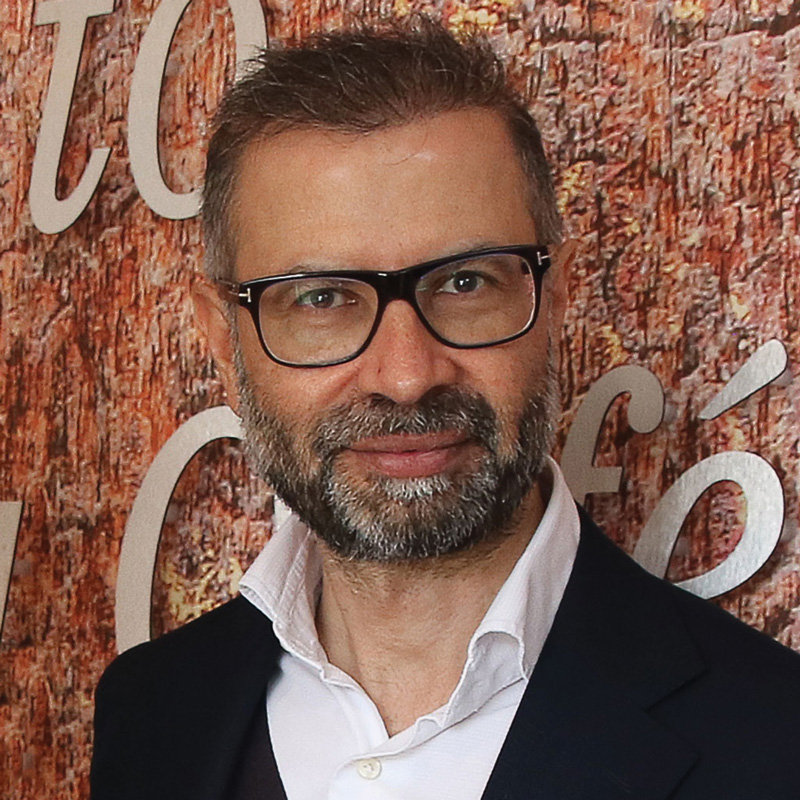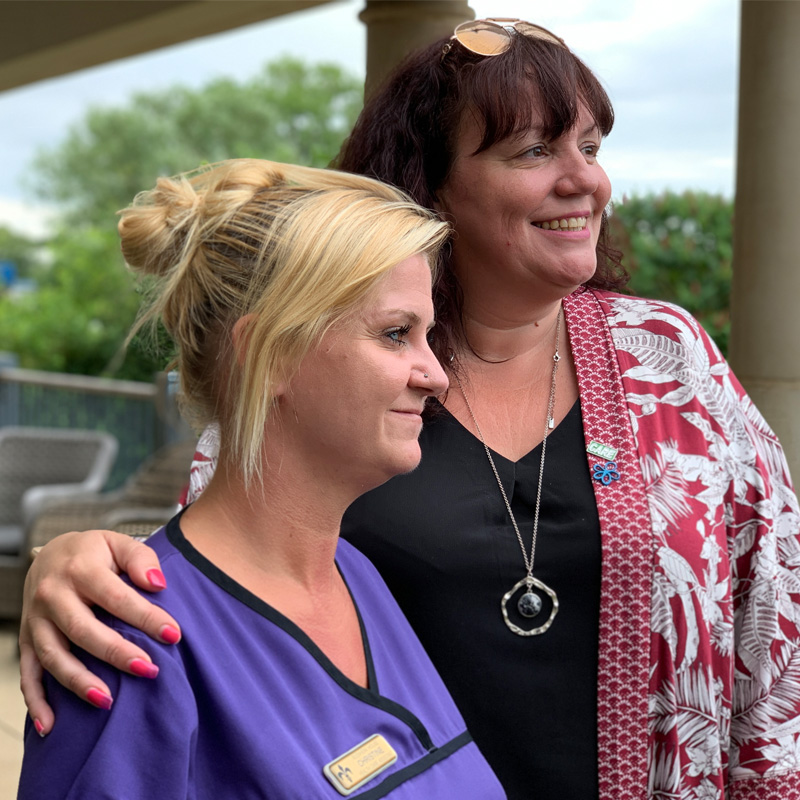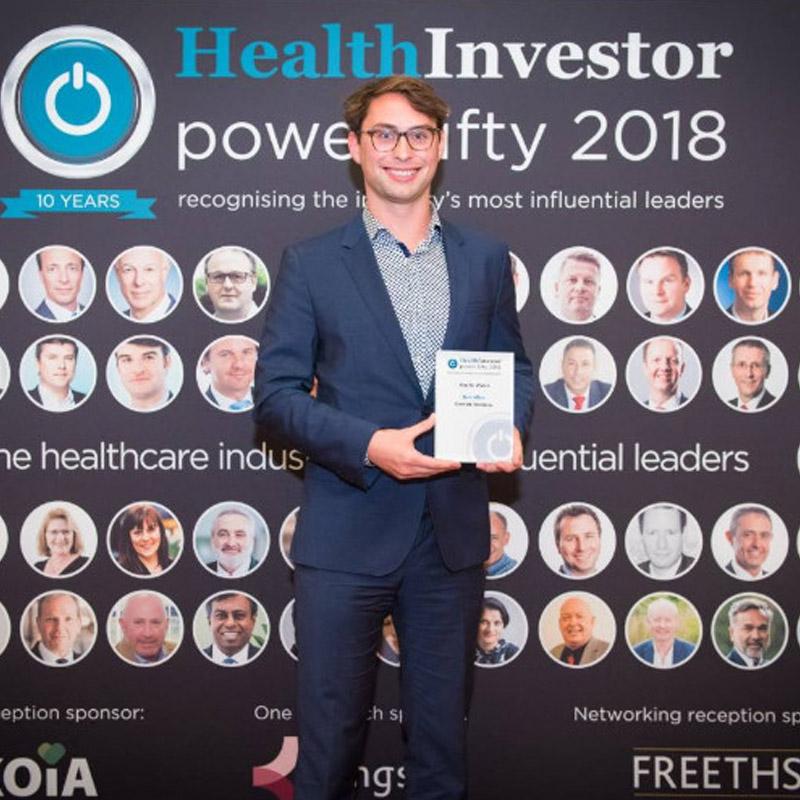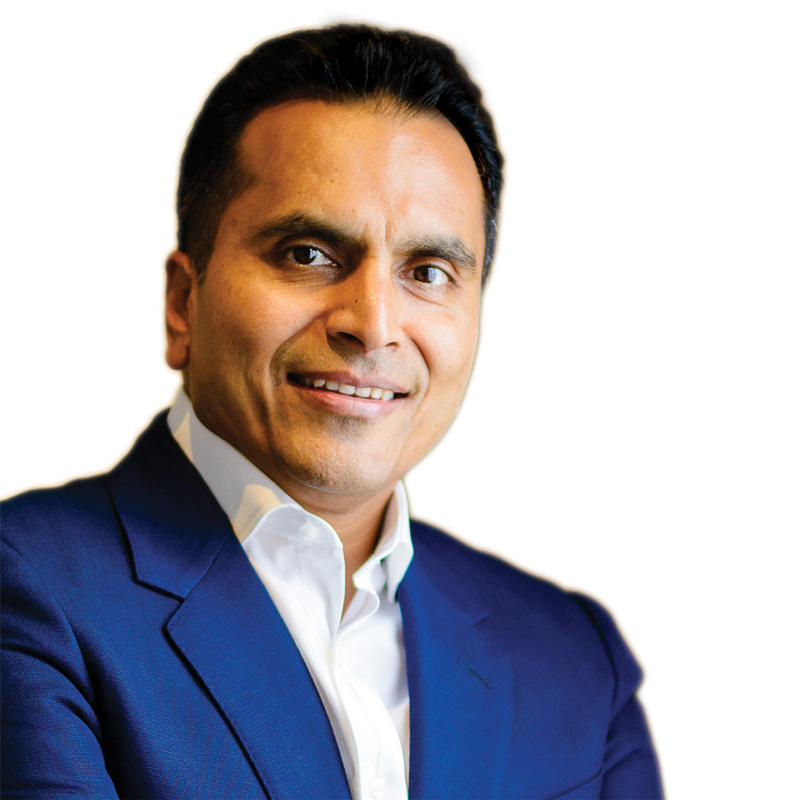This thought leadership article is written by Victoria Day, Alexa Smart Properties UK Sr Technical Business Development Leader
Like many others, my first awareness of the Care Sector was through a relative. At 90, after a lengthy hospital stay, my Grandma spent the last 6 months of her life in a lovely care home in Wellington, Somerset. She had had a number of health-related incidents that had led to lengthy hospitalisations over the years, but was able to stay at home thanks to an incredibly dedicated son, helpful neighbour and daily care visits. However, I was struck, as I’m sure we all are when it comes to family, by her rapid decline which coincided with lack of mobility, balance and dexterity. Once Queen of The Roast, and frankly the best roast potatoes in Great Britain, Grandma could no longer navigate her way around the kitchen easily. Big dinners turned into microwave meals, which turned into being brought food in her chair. Once an avid reader – and even an early adopter of the Kindle, circa 2010 – my Grandma went from reading an average of 1 book a week to 0.25, to 0 in a matter of weeks. In the last year of her life, her physical decline was accompanied by Vascular Dementia, a cruel disease that doesn’t need any introduction in this industry.
By the time she was admitted into a nursing home, my Grandmother couldn’t get out of bed and had lost a lot of cognitive capacity. There were many comforts our family benefited from; she’d lived a long and mostly healthy life and we’d all enjoyed a close and special relationship with her. However the most comforting part was meeting the staff and Home Manager who cared for her in final months. I was blown-away by the patience, humour and kindness shown by everyone she interacted with and the care and concern shown to me when I visited, no matter how thinly spread the staff were.
I’ve spent the majority of my career in Publishing and Bookselling, originally at a literary agency, followed by many years in Kindle Content and later, Amazon Books. Despite this, I wouldn’t describe myself as an early adopter of new technologies. Grandma had a Kindle before me, my father introduced me to Skype back-in-the-day and I was very, very late to the smart phone party. But, once I’m hooked on the utility of a device or software, I am a very committed advocate of that technology. I like to think of it as being hard-to-impress!
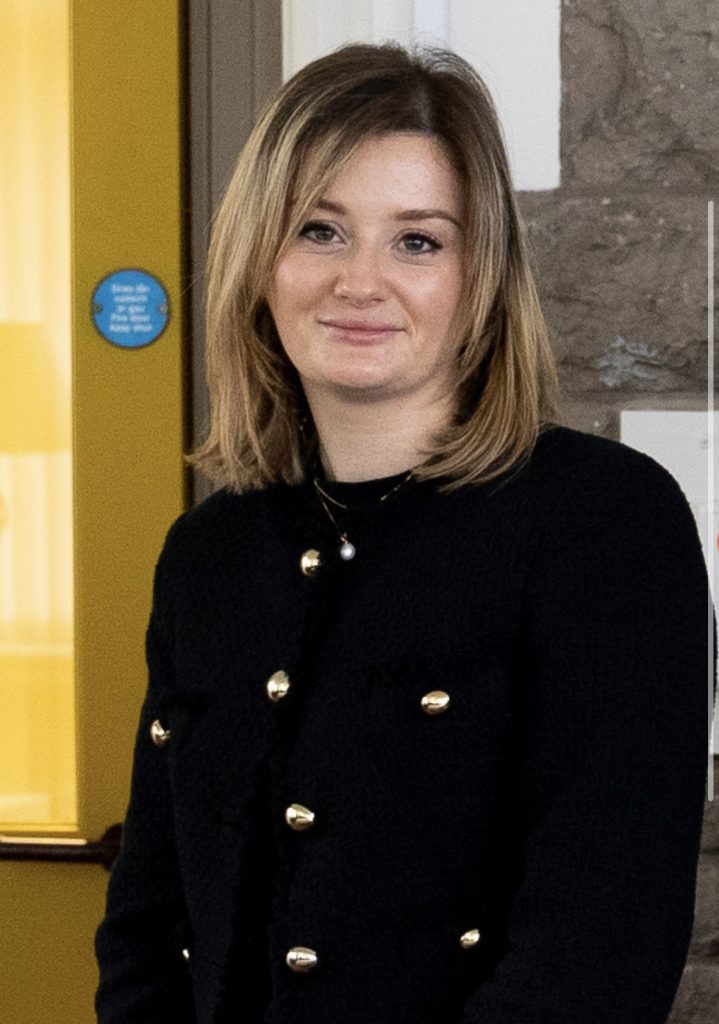
I bought my first Amazon Echo when Amazon launched the product in the UK in 2016 because my husband wanted one, and we loved the audio quality. I used Alexa daily for reminders, the news, radio, podcasts and music. During the pandemic, I had an Amazon Echo Spot on my desk and started to ask Alexa questions for work: currency conversions, synonyms and facts. I hooked up some smart lighting. It wasn’t until I got in the car one day and asked “Alexa, what’s the temperature in Birmingham?” that I realized just how much utility Alexa had been bringing to my day-to-day life. My car did not have Alexa – but the ease of just asking, without interrupting my activities, had become second-nature.
When I saw a role in the Alexa Enterprise team in Europe looking for someone to launch Alexa Smart Properties for Senior Living, I instantly thought of my Grandma and the staff who had cared for her. Grandma could have had greater control and independence at home, and during various hospital stays, with Alexa-enabled Smart Home devices. She could have received updates about when her carers were arriving instead of watching the door, or enjoyed her favourite radio stations without getting up from her chair. Within the care home environment, I could picture how staff might have used Alexa to create a relaxing ambience with music and lighting, all without needing to stop what they were doing, or removing their PPE. And, for the plenty of residents who still had full cognitive capacity in the care home, I thought about how Alexa Smart Properties could help them keep in touch with family and friends who lived in different counties, or even ask for a cup of tea without needing to press an alarm – the sounds of which seemed incessant when I visited. Inspired, I clicked apply and so started my journey in the industry.
Once in the role, it became clear that the scope and possibility of voice-enabled-care went beyond the basic use-cases I’d imagined. Simple changes to day-to-day activities undertaken by staff could save hundreds of hours a week across a home. Integration with nurse call, IoT devices, orchestration and facilities software not only drives efficiency, but improves response times and therefore both staff and resident experience. Empowering residents to manage their environment presents an opportunity to reduce falls risk and makes life just that bit easier. Reminders about fun activities and events will help to reduce isolation and build the sense of community that I see so many providers and care staff working tirelessly to create in their properties.
What is so exciting about bringing voice-enabled-care to this sector is the passion of the people working in it. In 18 months, I’ve seen some incredible technology and care platforms exhibited at conferences, but very few who have scaled to become the industry standard of technology enabled care. I’d argue that we need to see more agility trialling and integrating the various software and services available in order to step-change the Care Sector experience for both staff and residents. Although I recognise that funding and resources can be a huge headwind to innovation which presents an ongoing challenge to everyone who works in the sector. I’ve also overheard assumptions about who adopts technology, when they adopt it, and why. We assume that age dictates our ability to use new technology, but the opposite is often the case: a simple user experience and clear utility removes barriers to adoption. As proven by my Grandma, Betty Barnett, early adopter of the Kindle.
